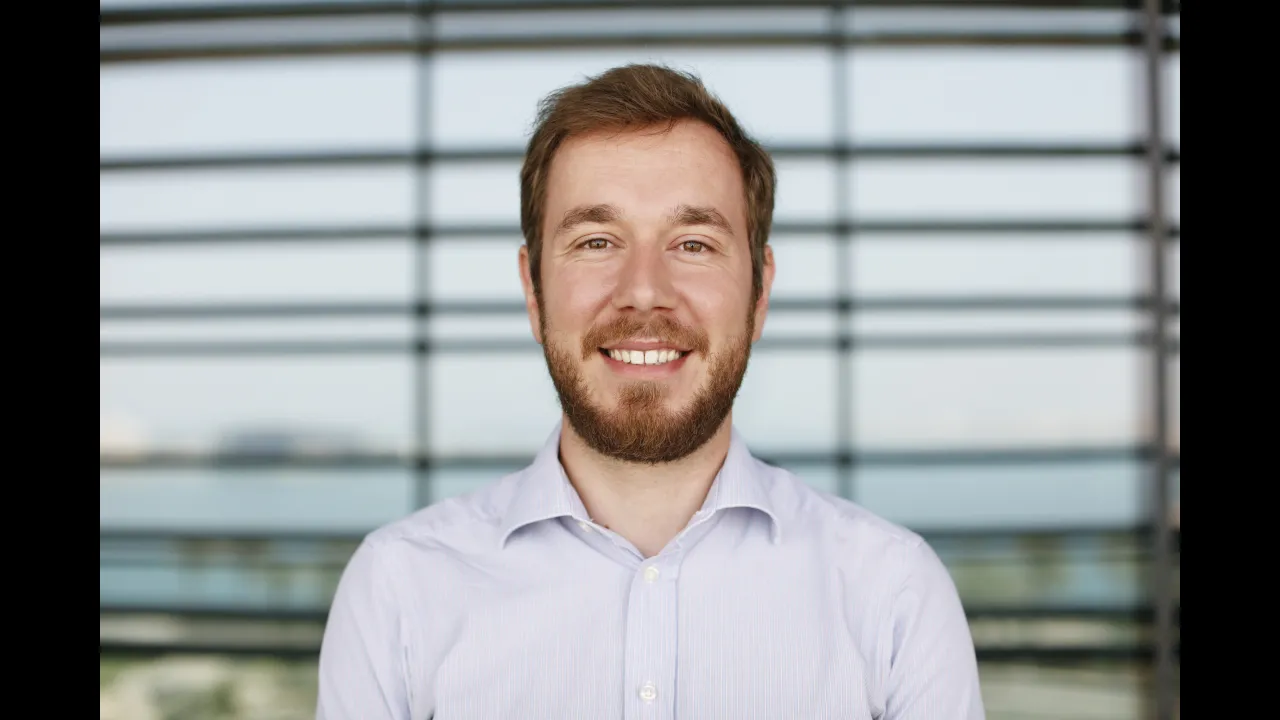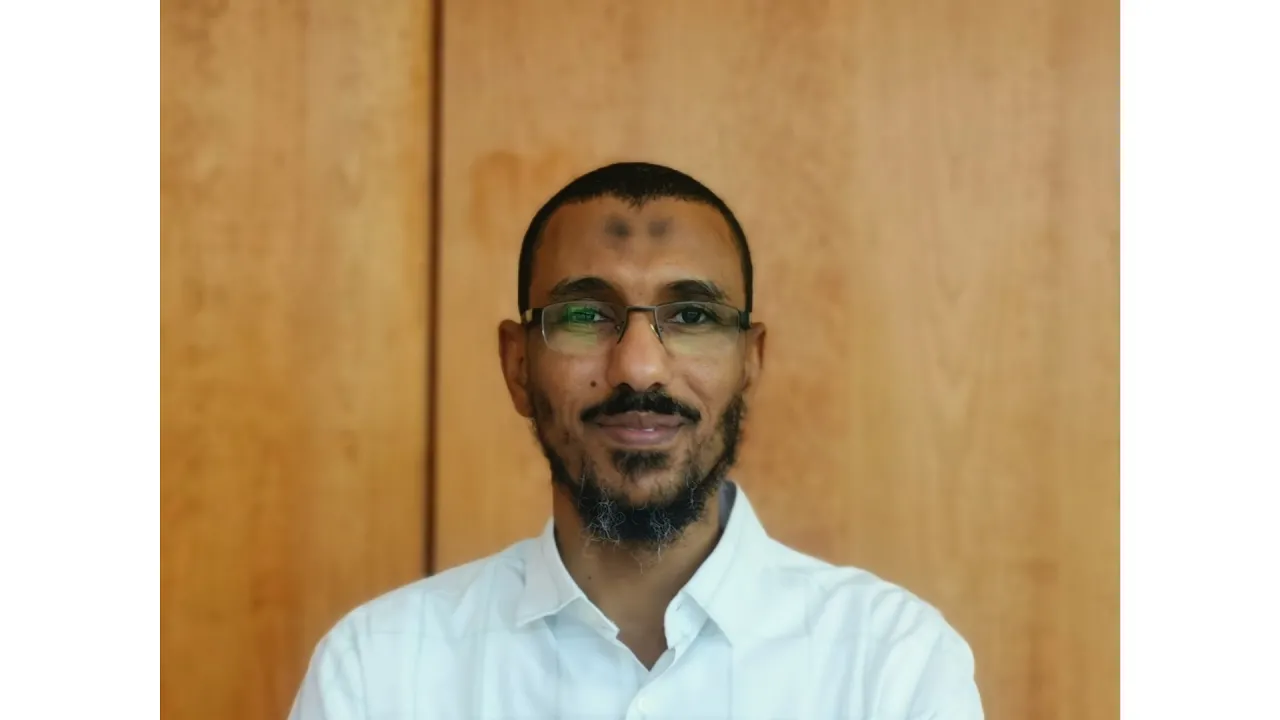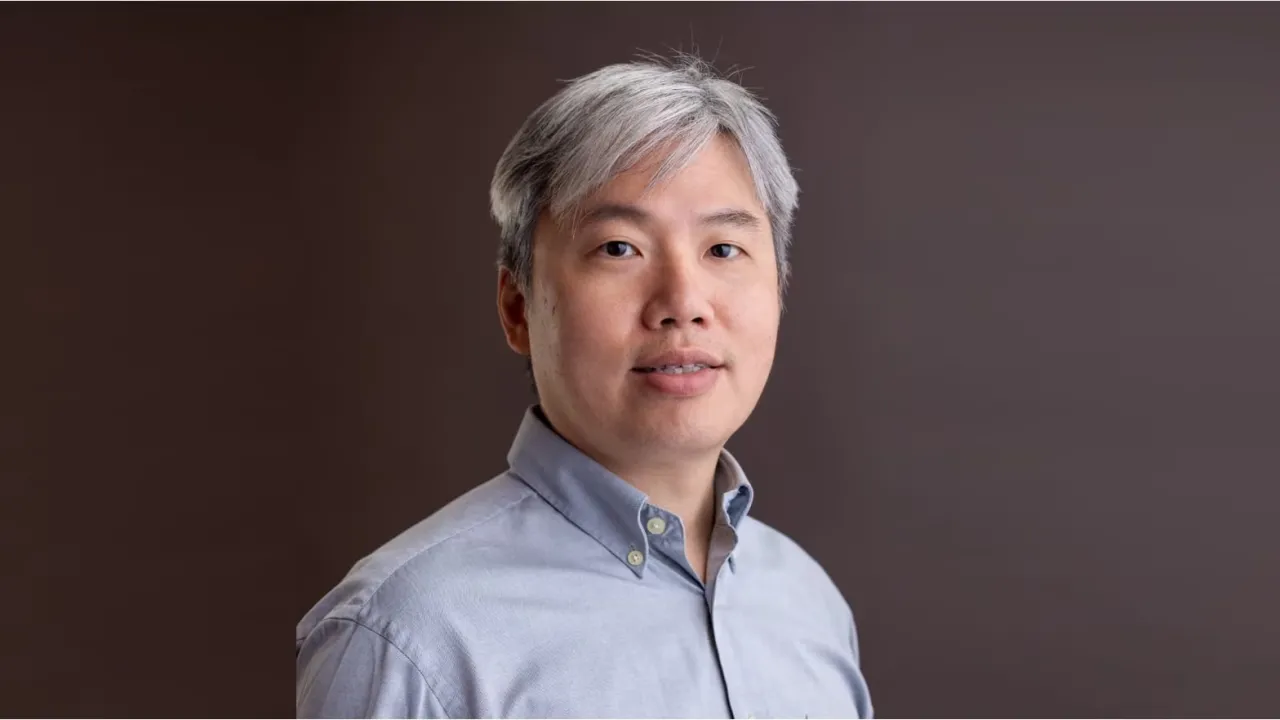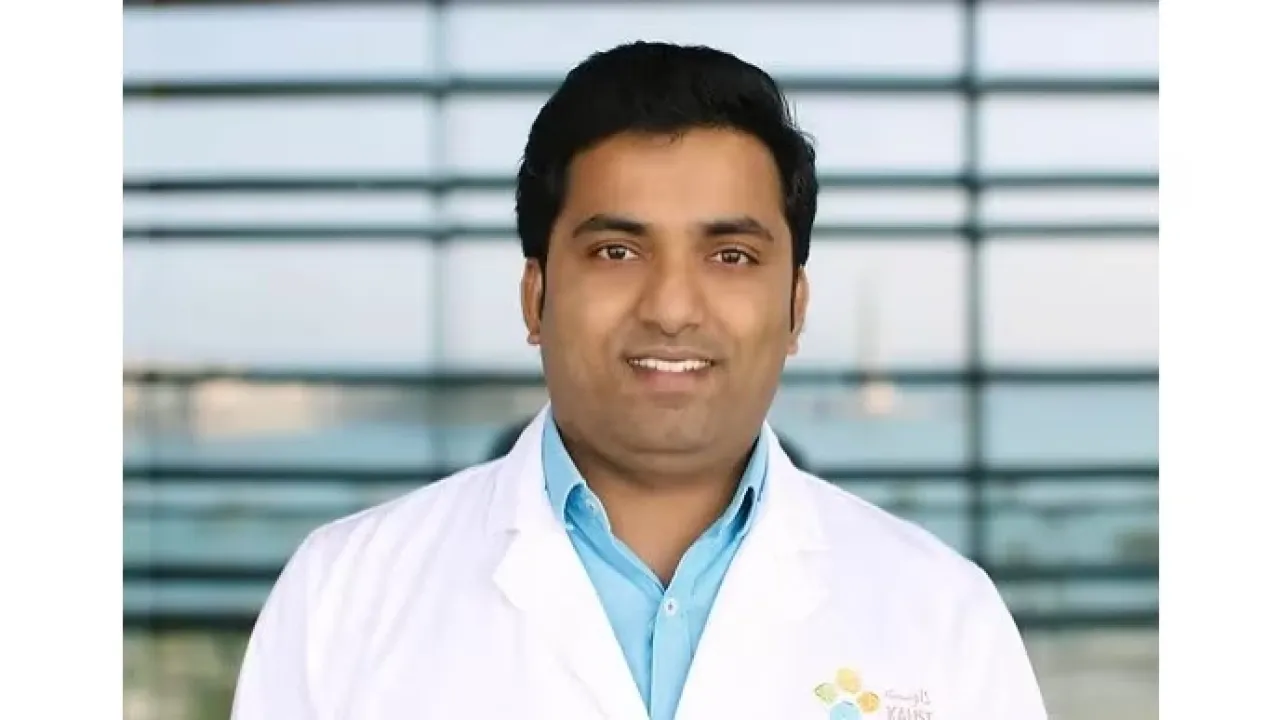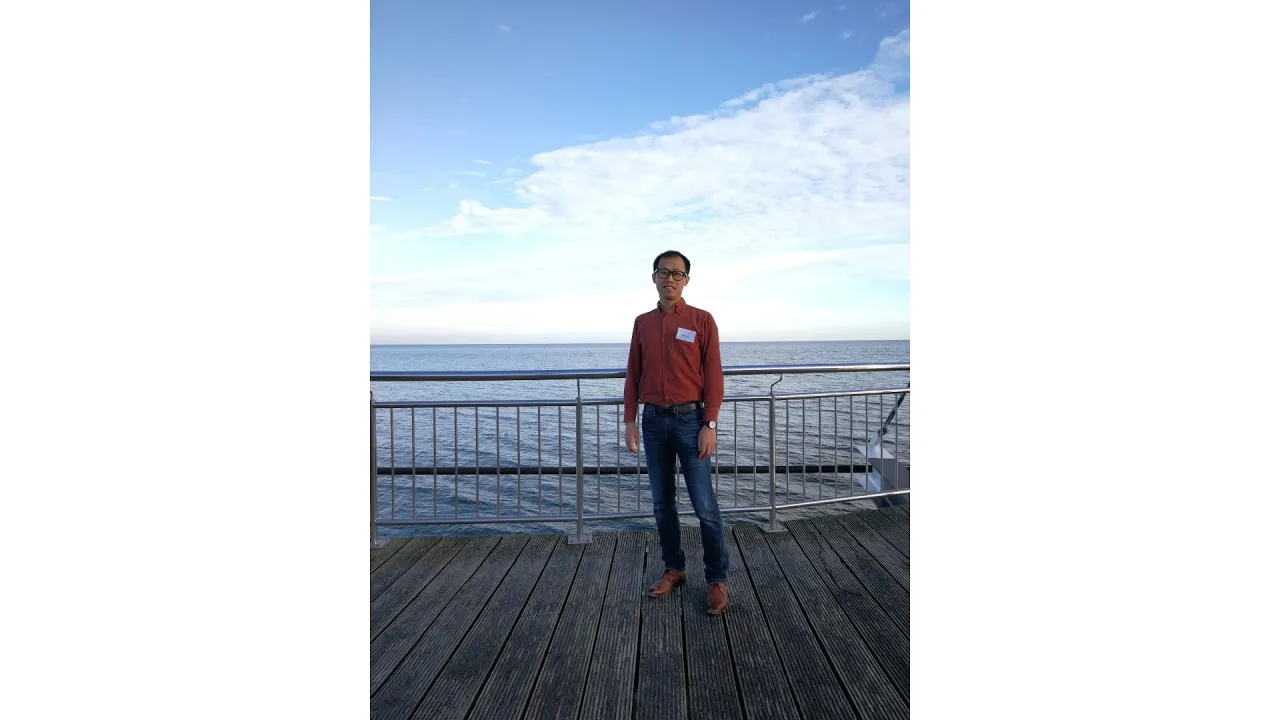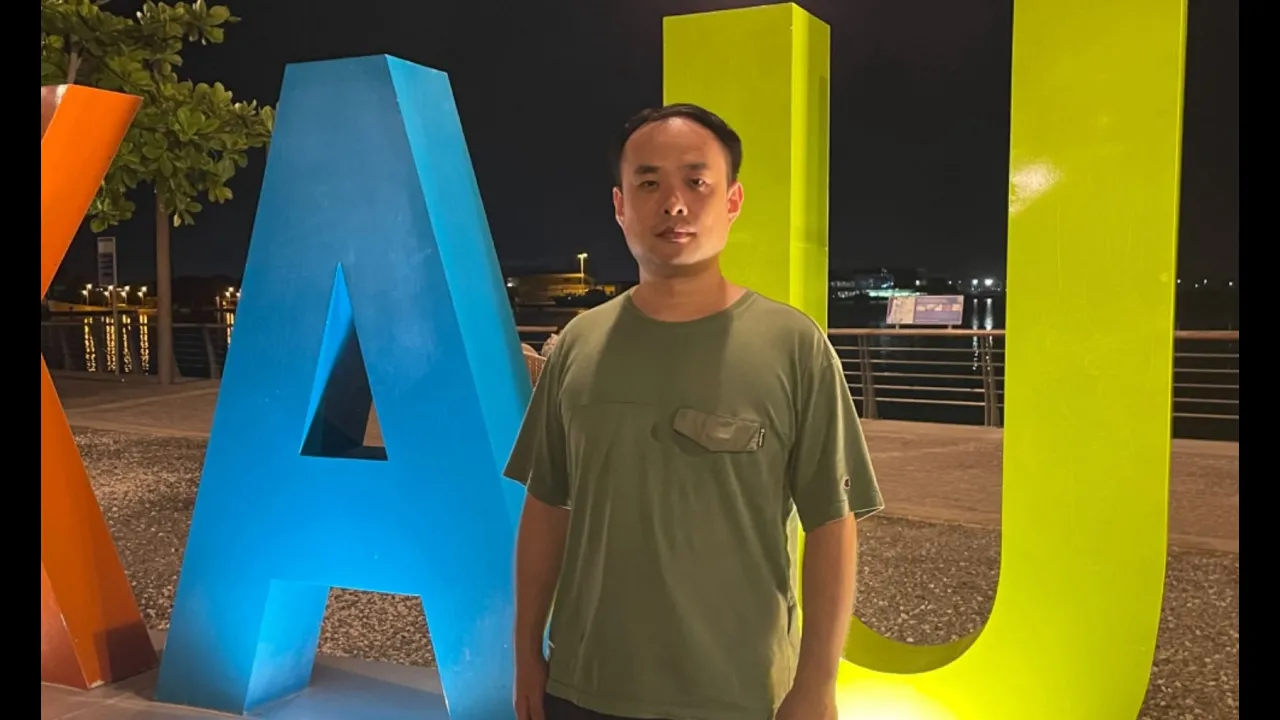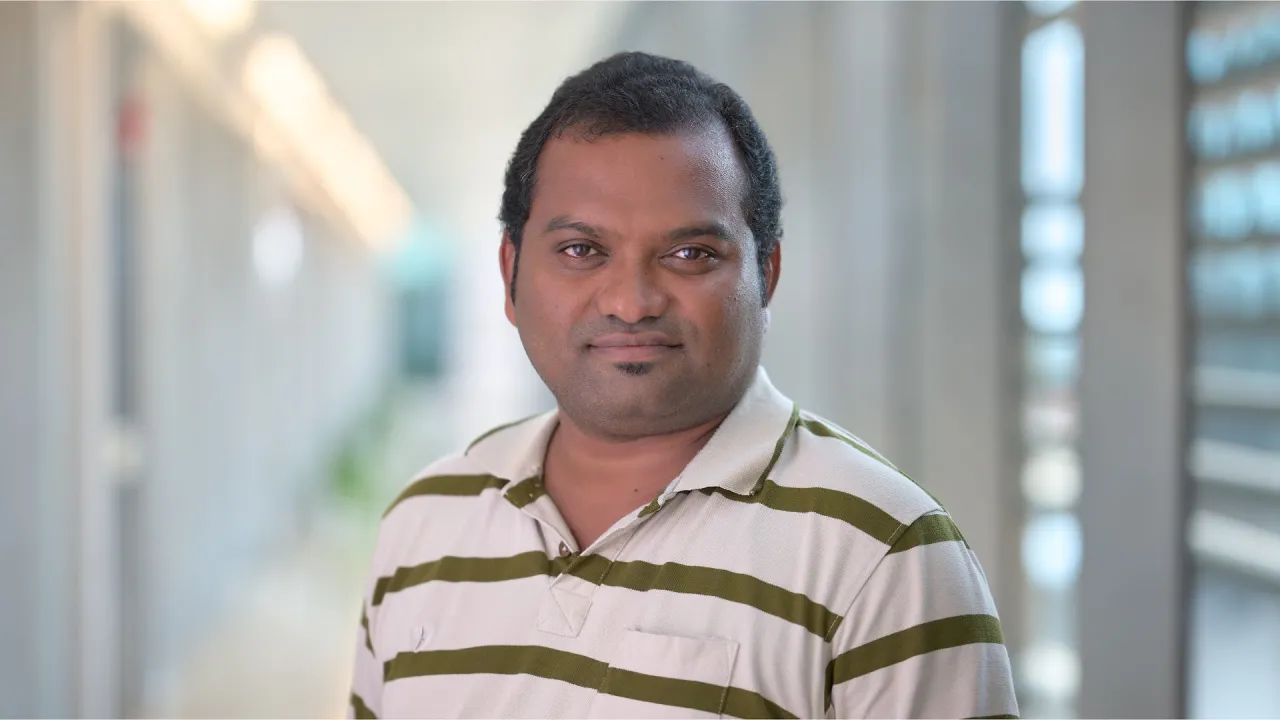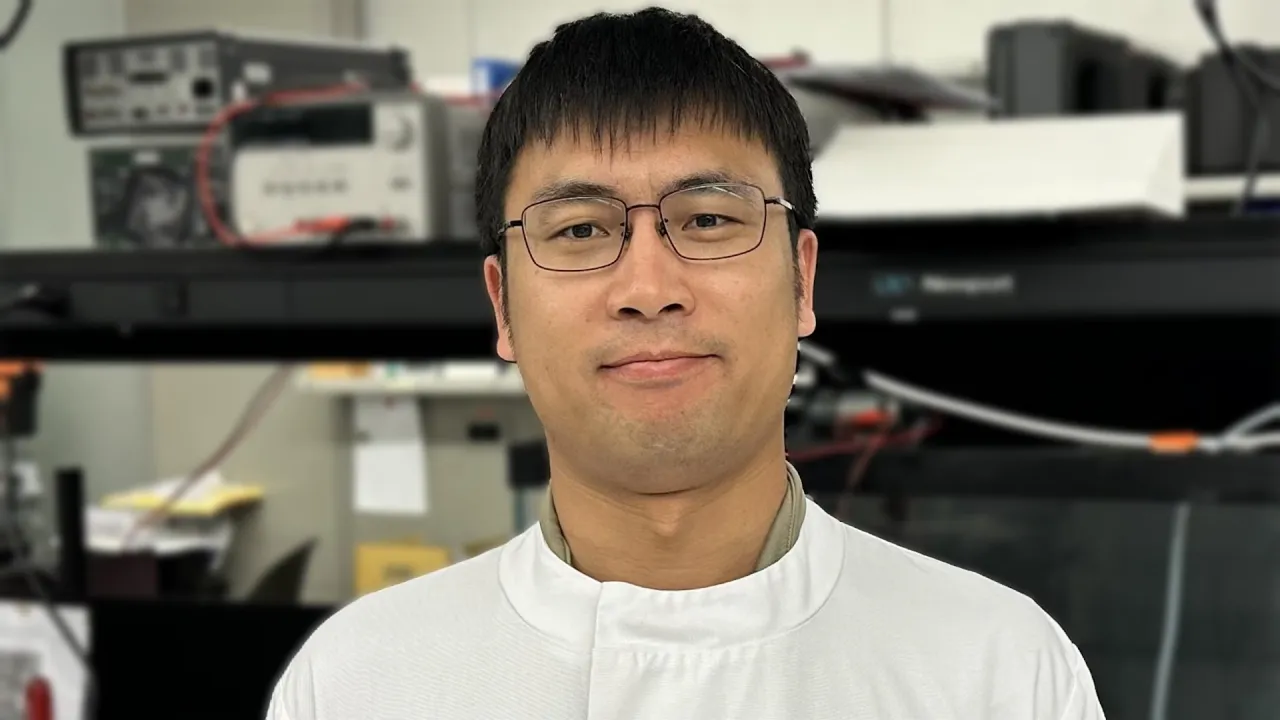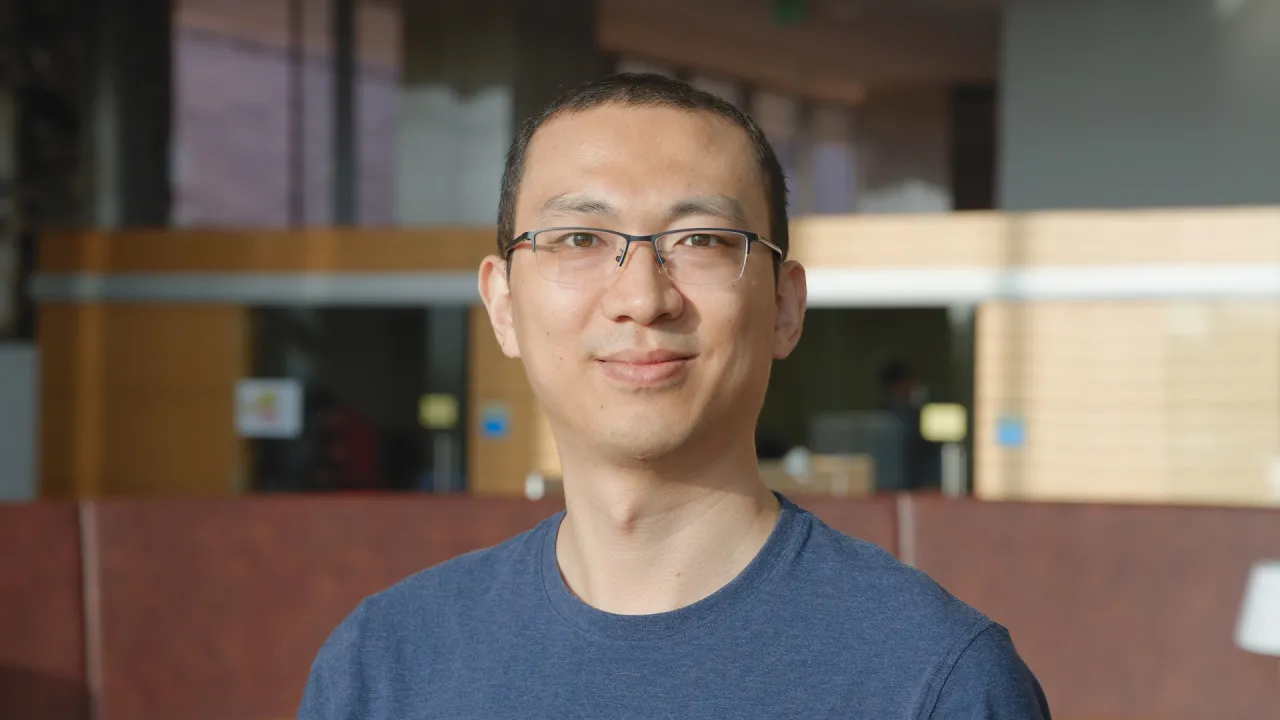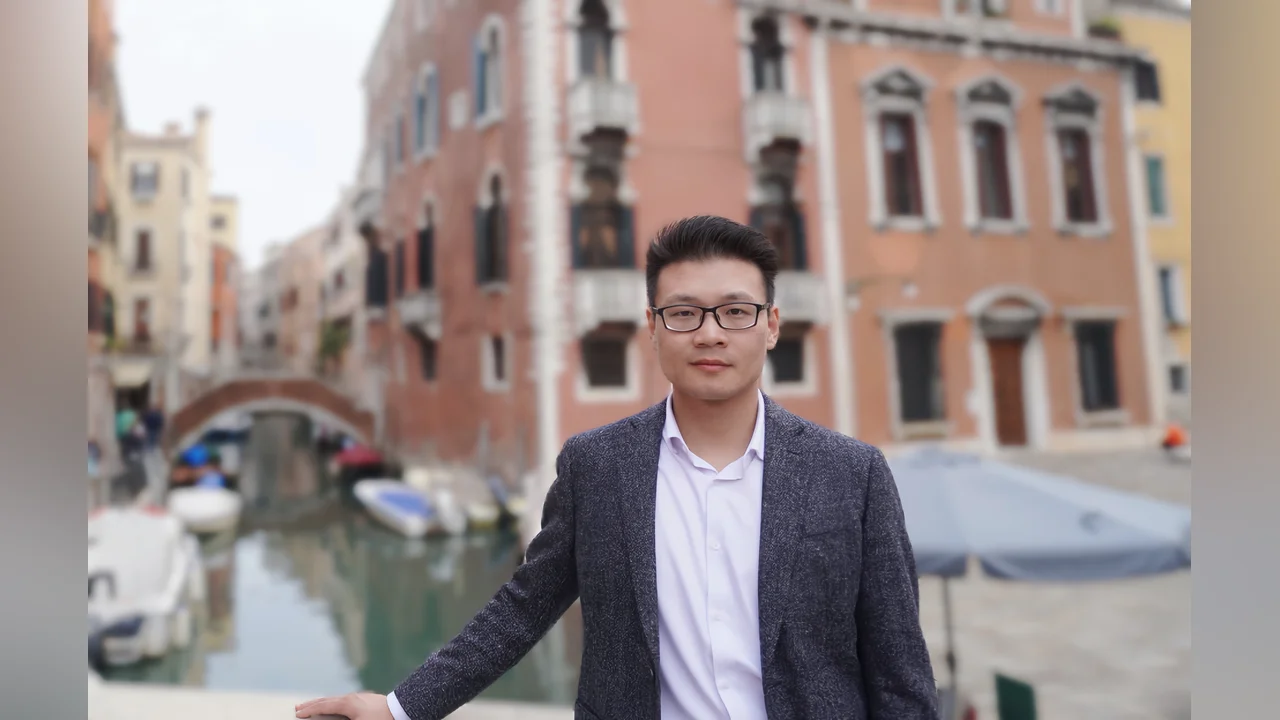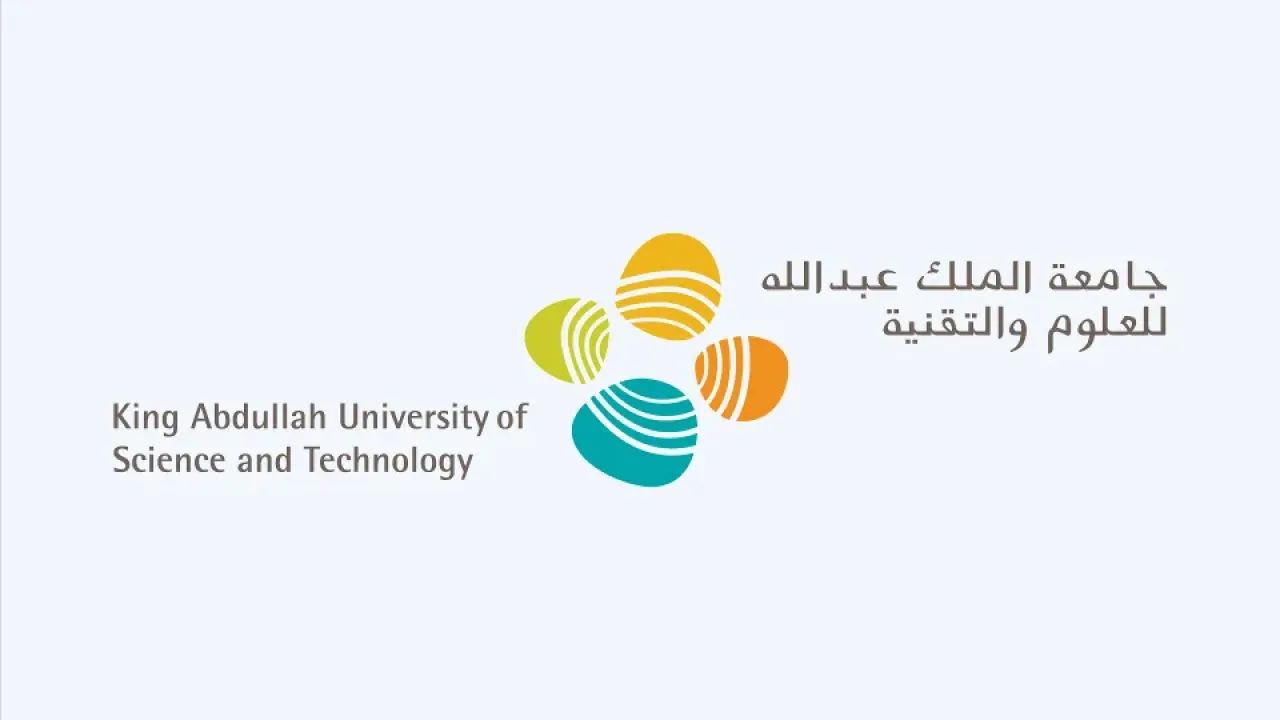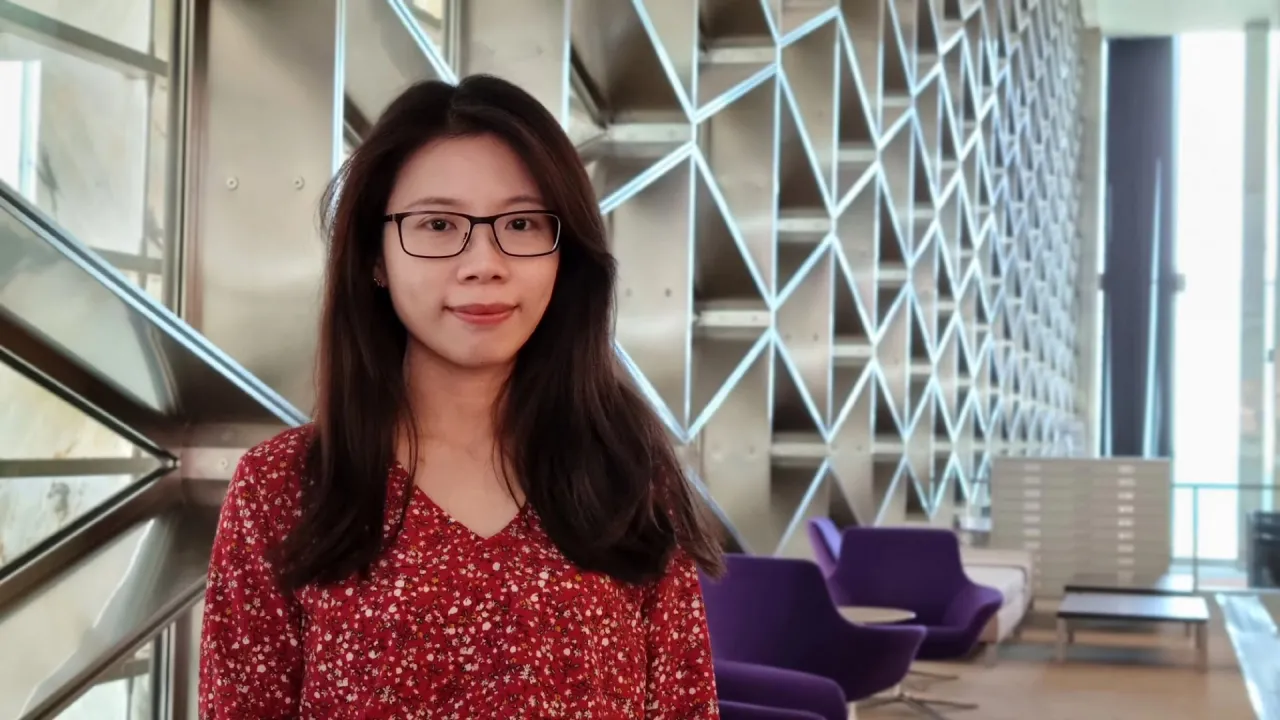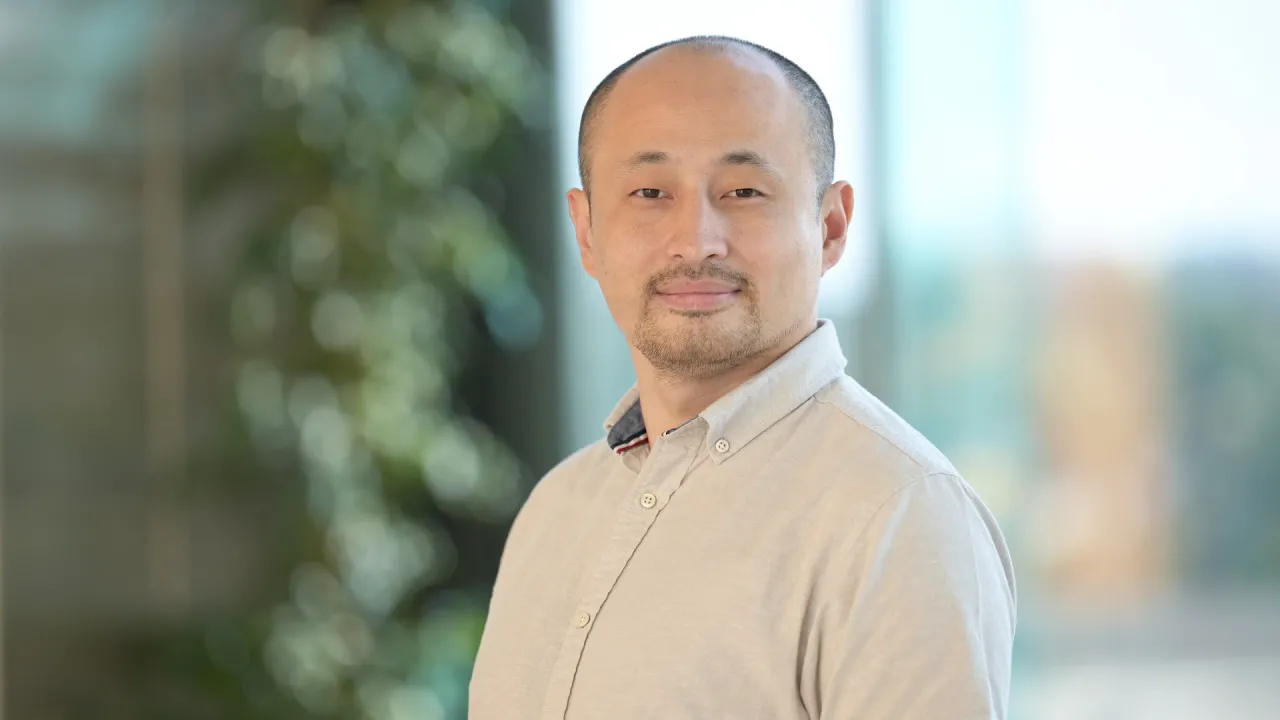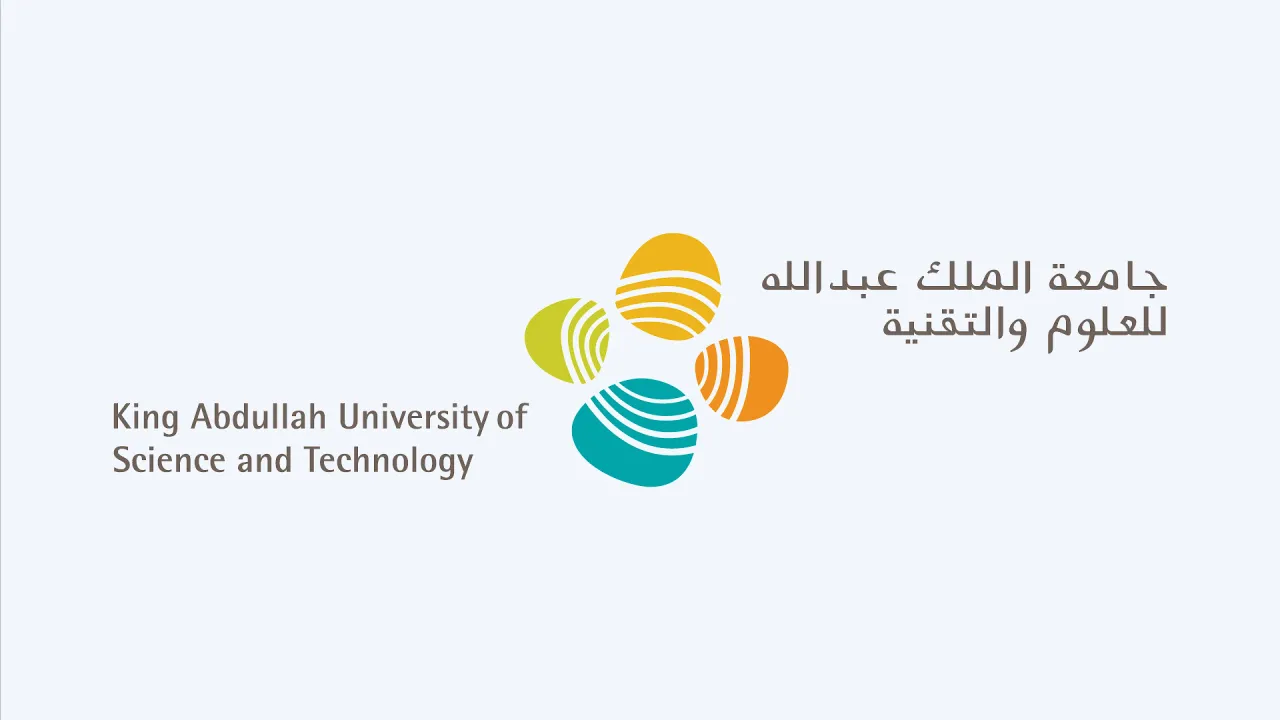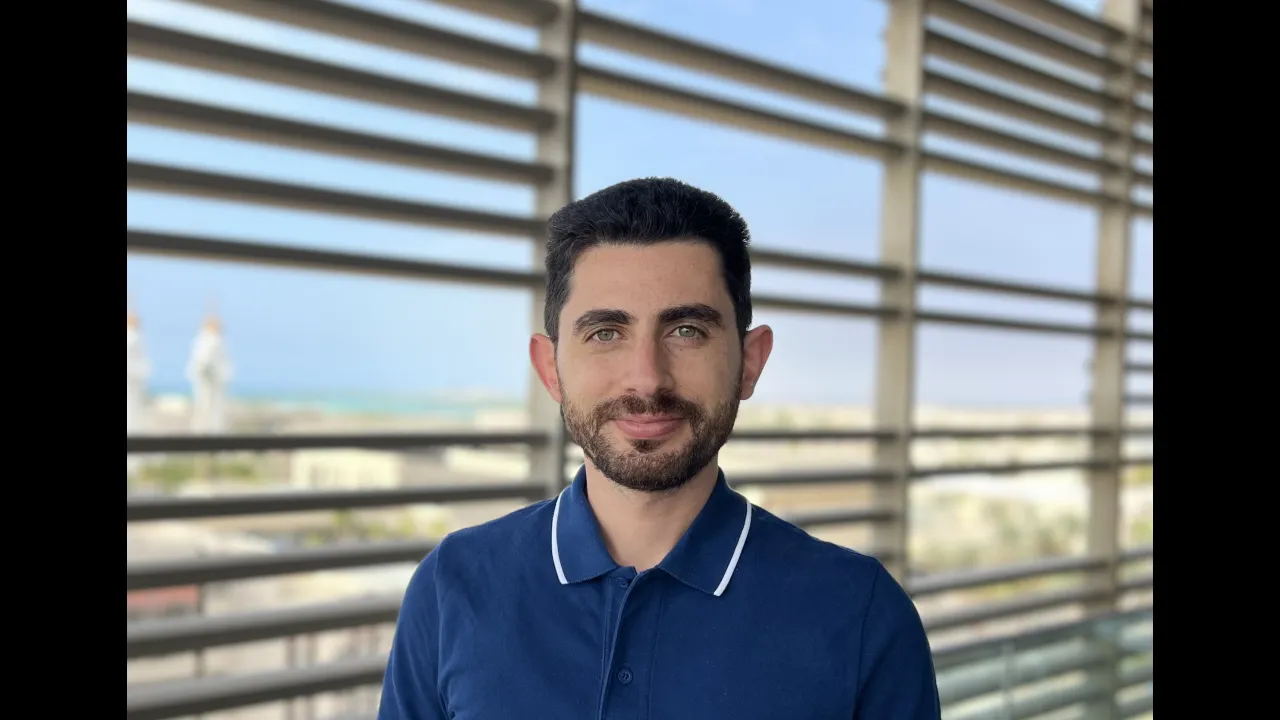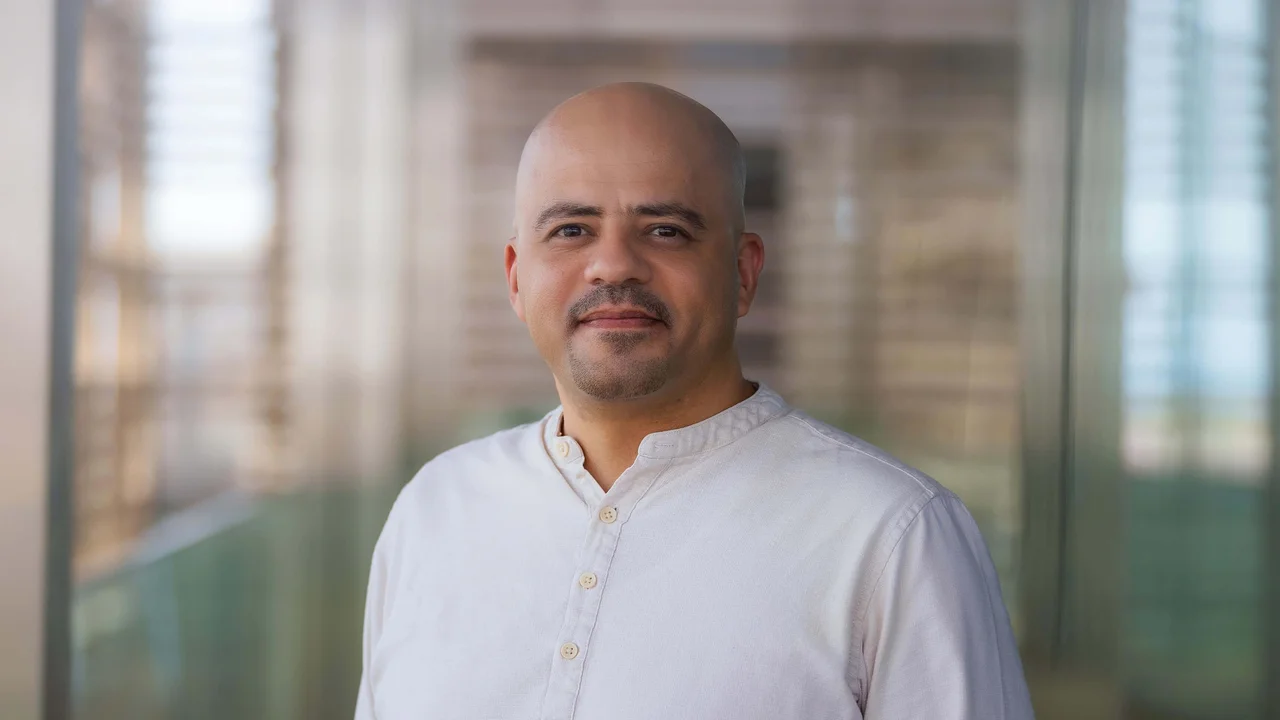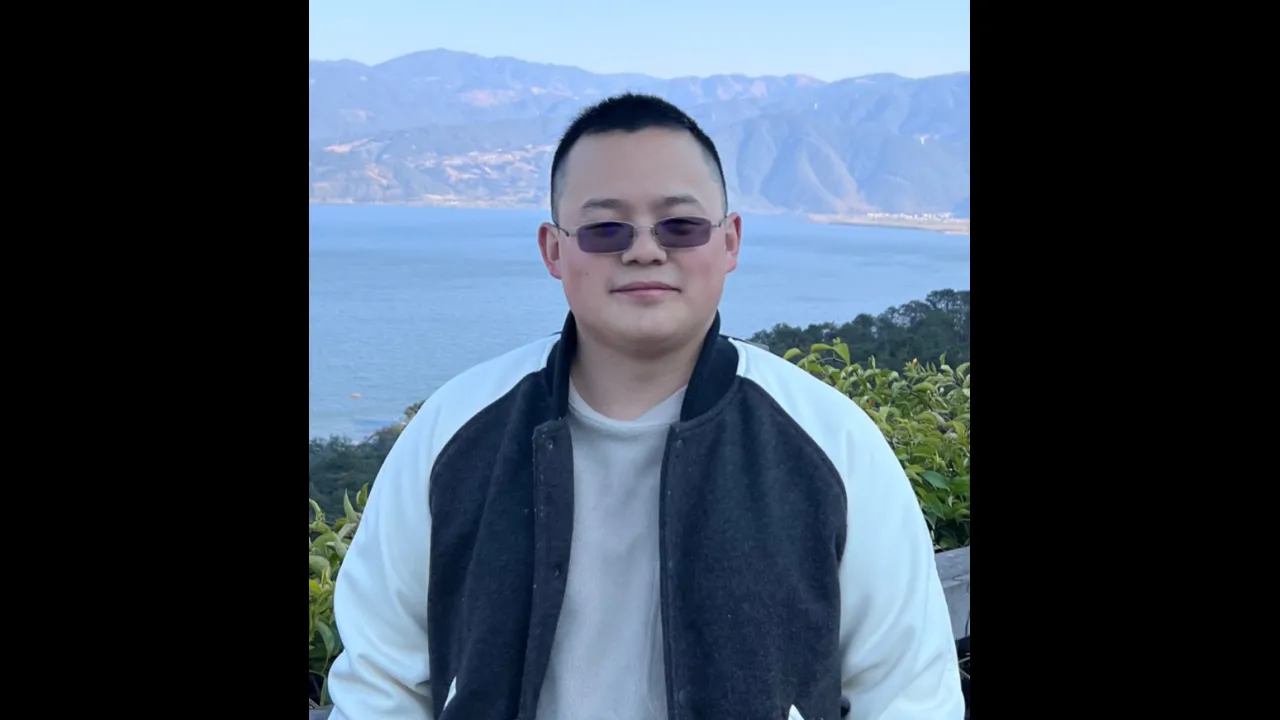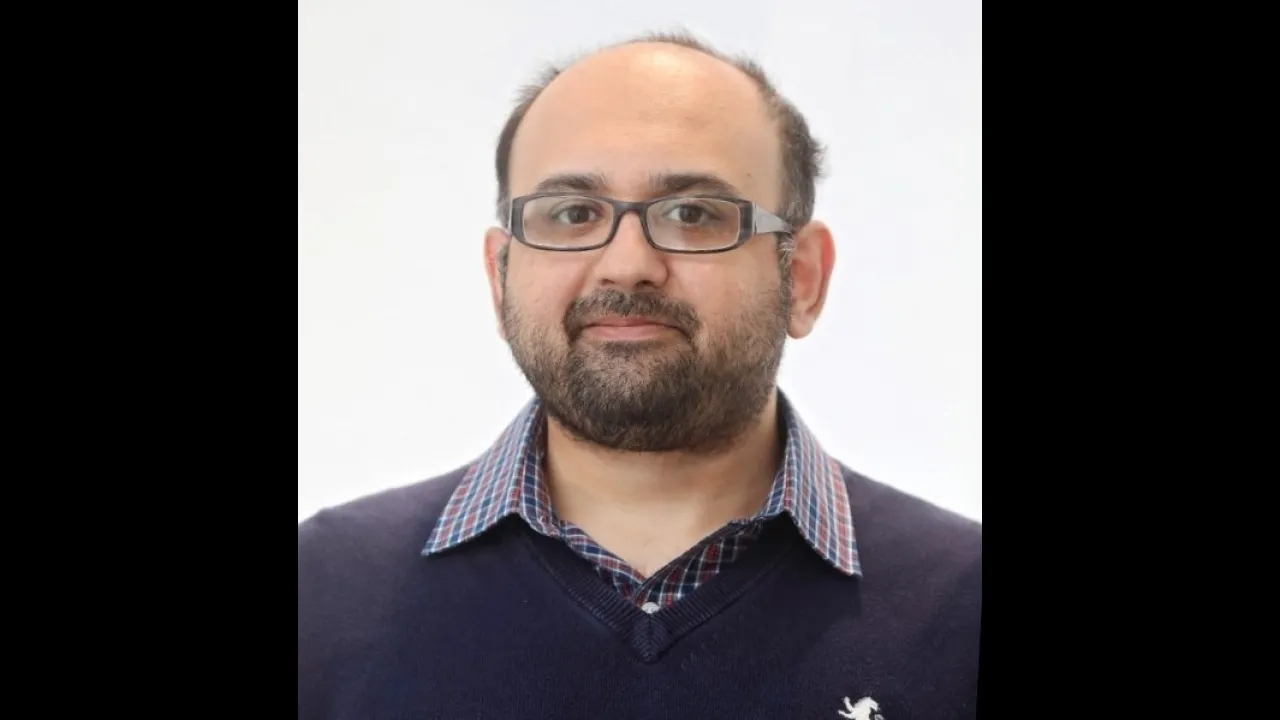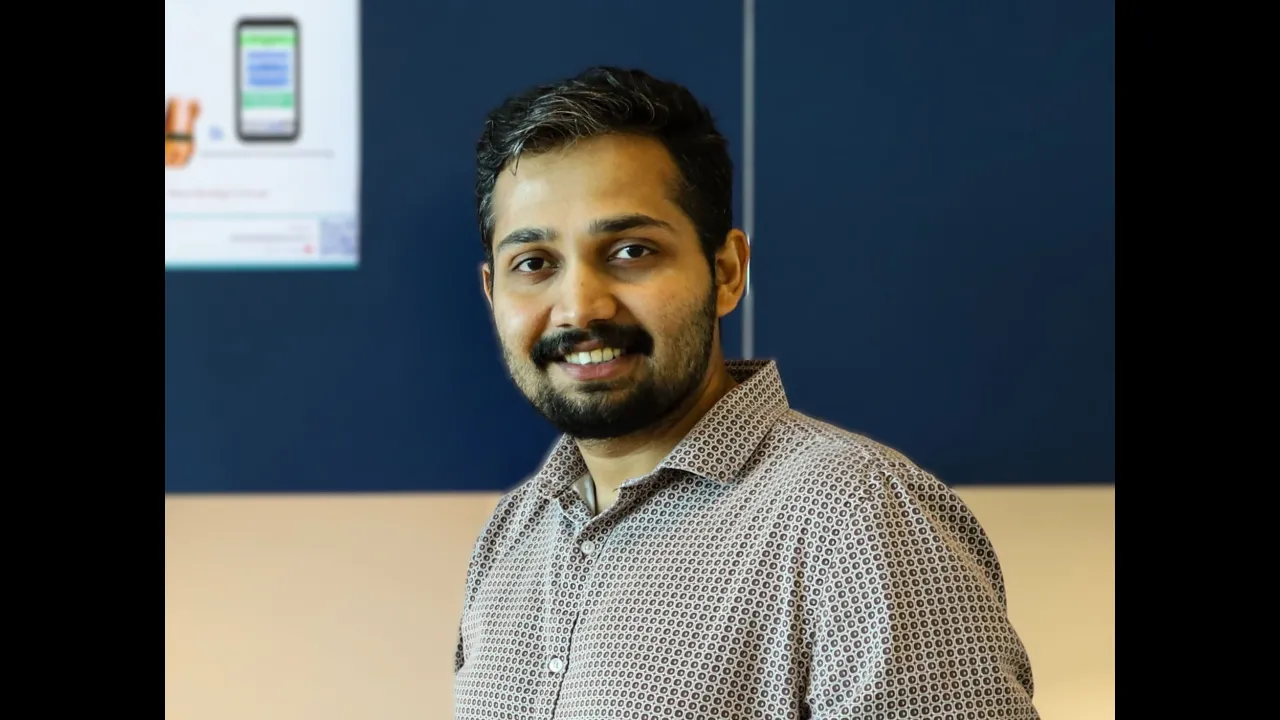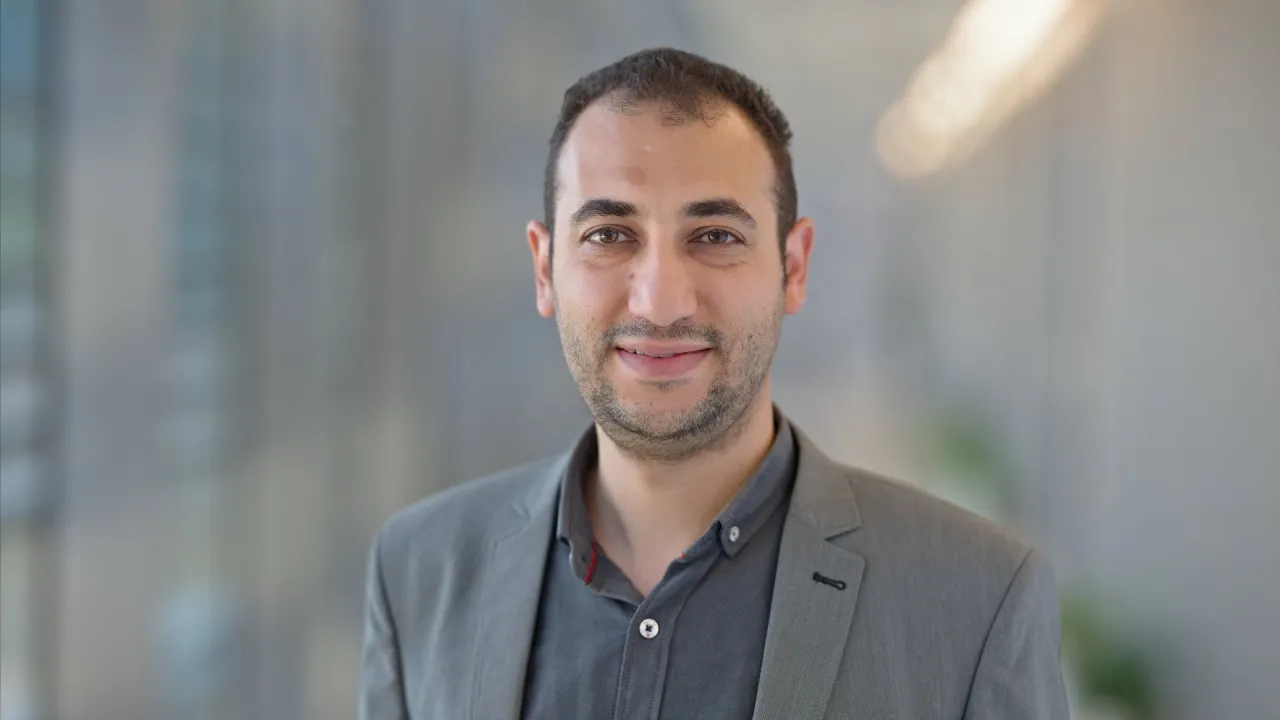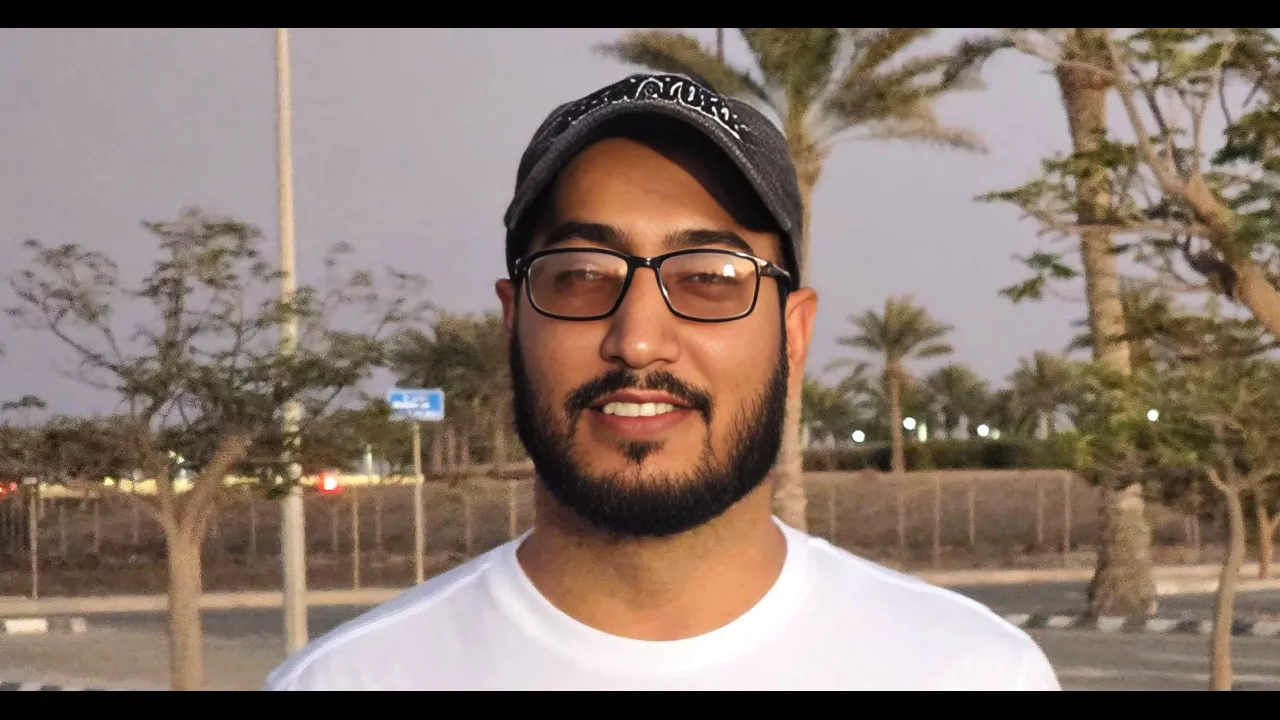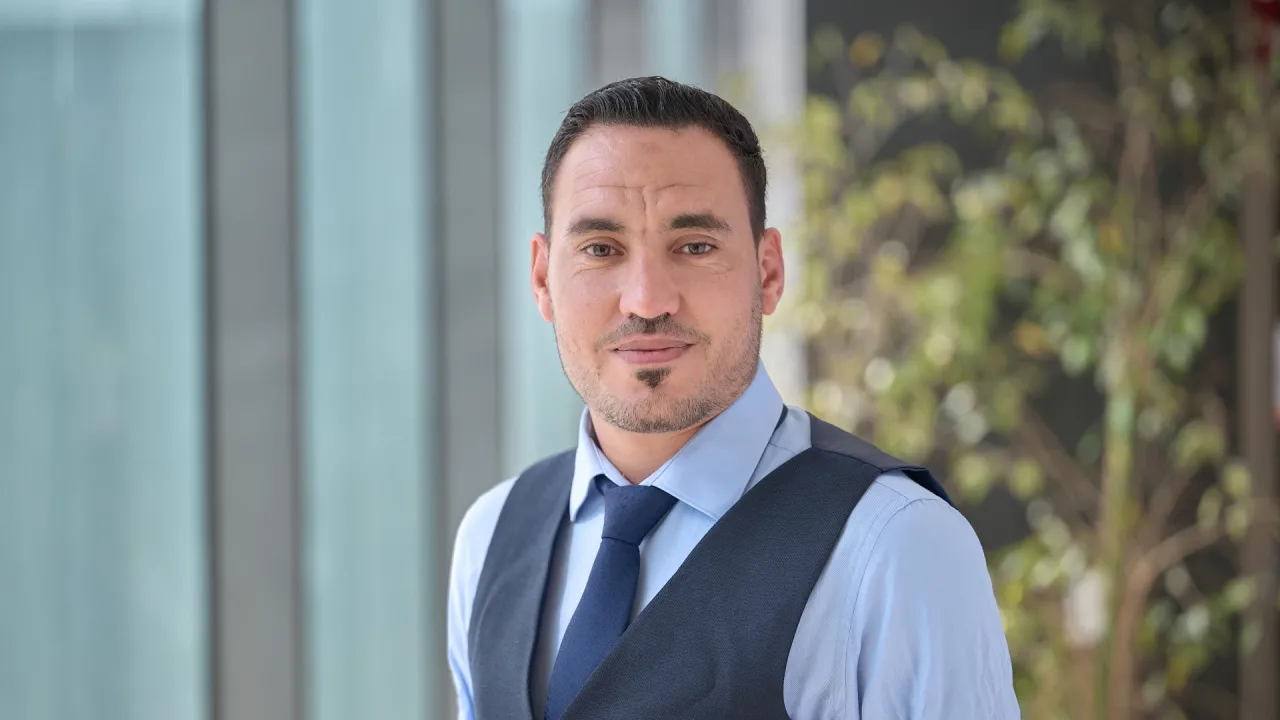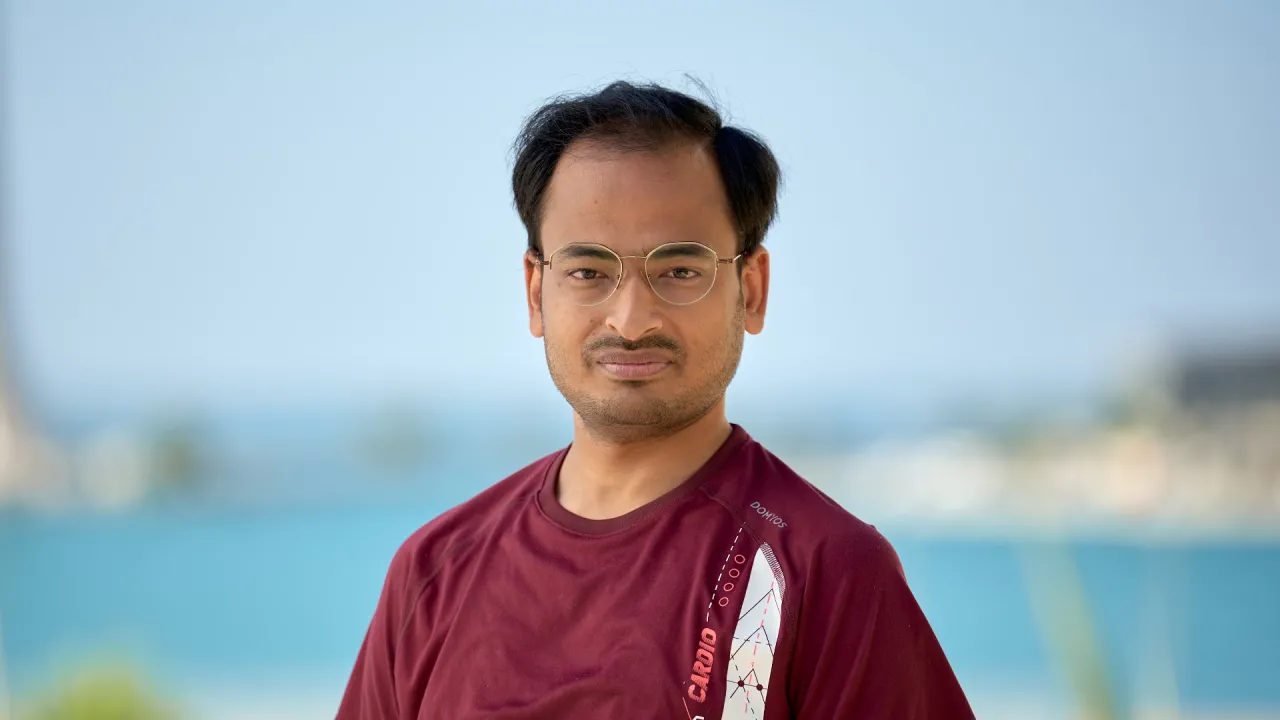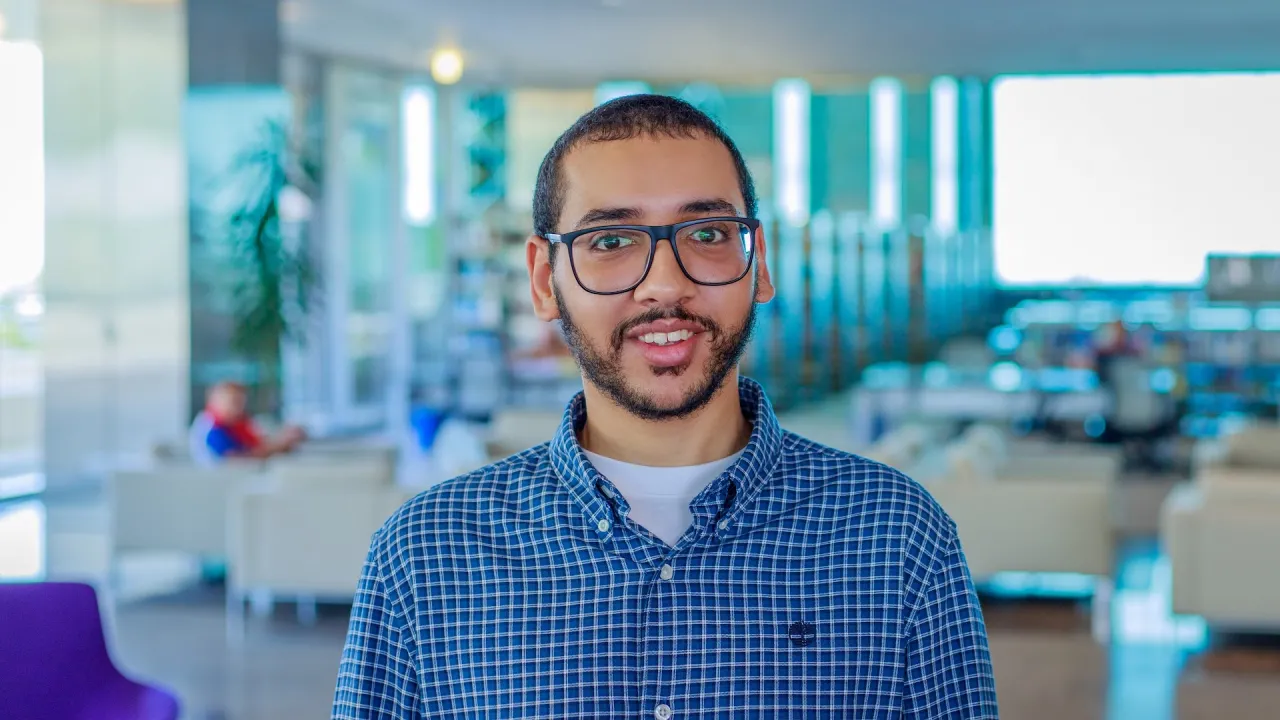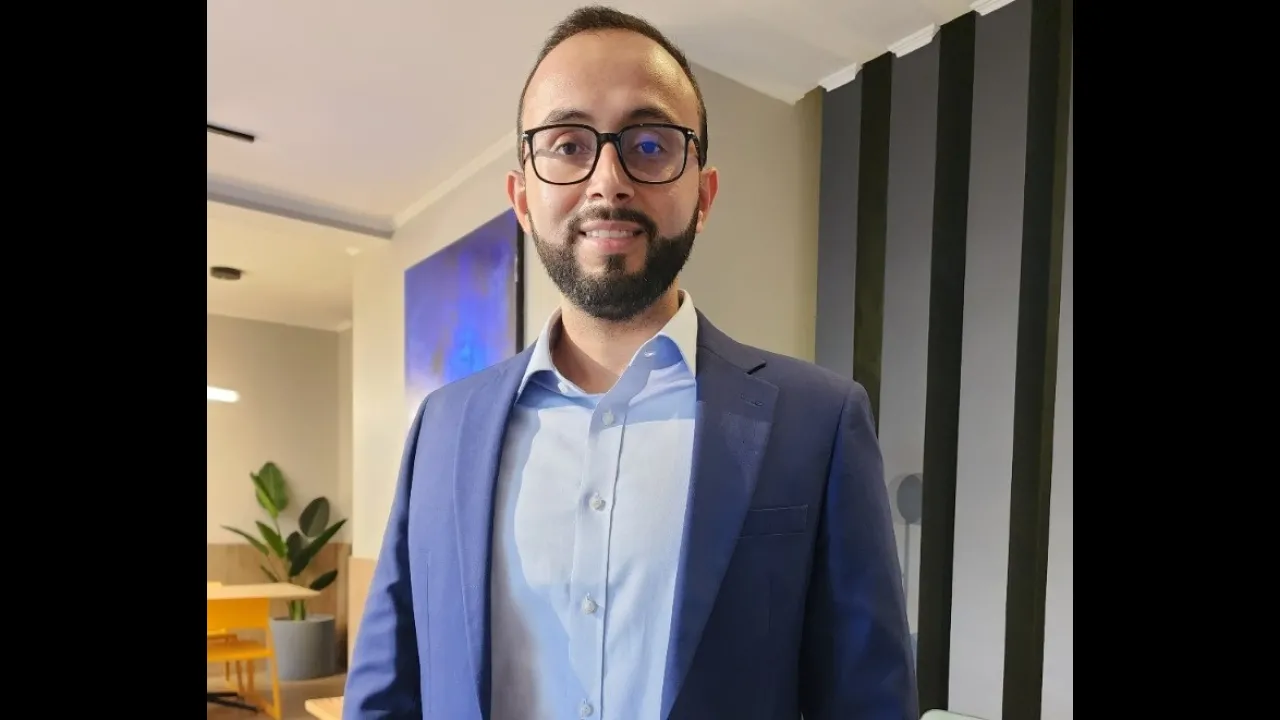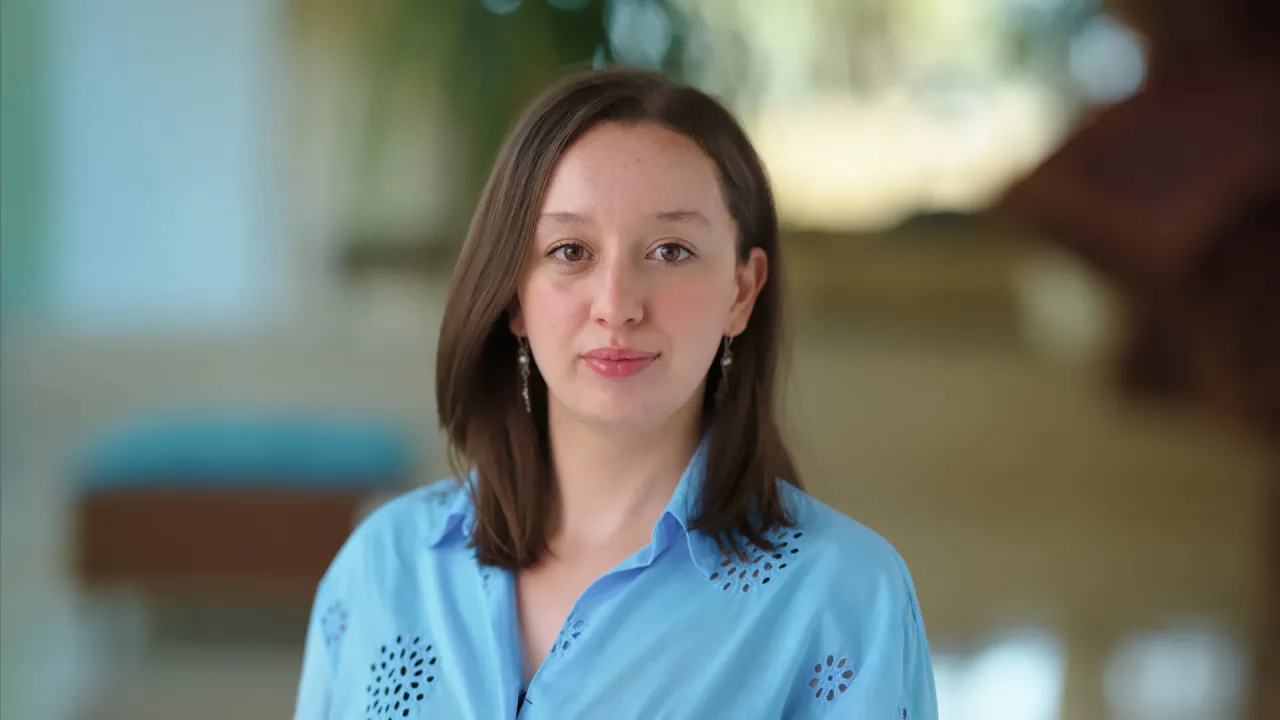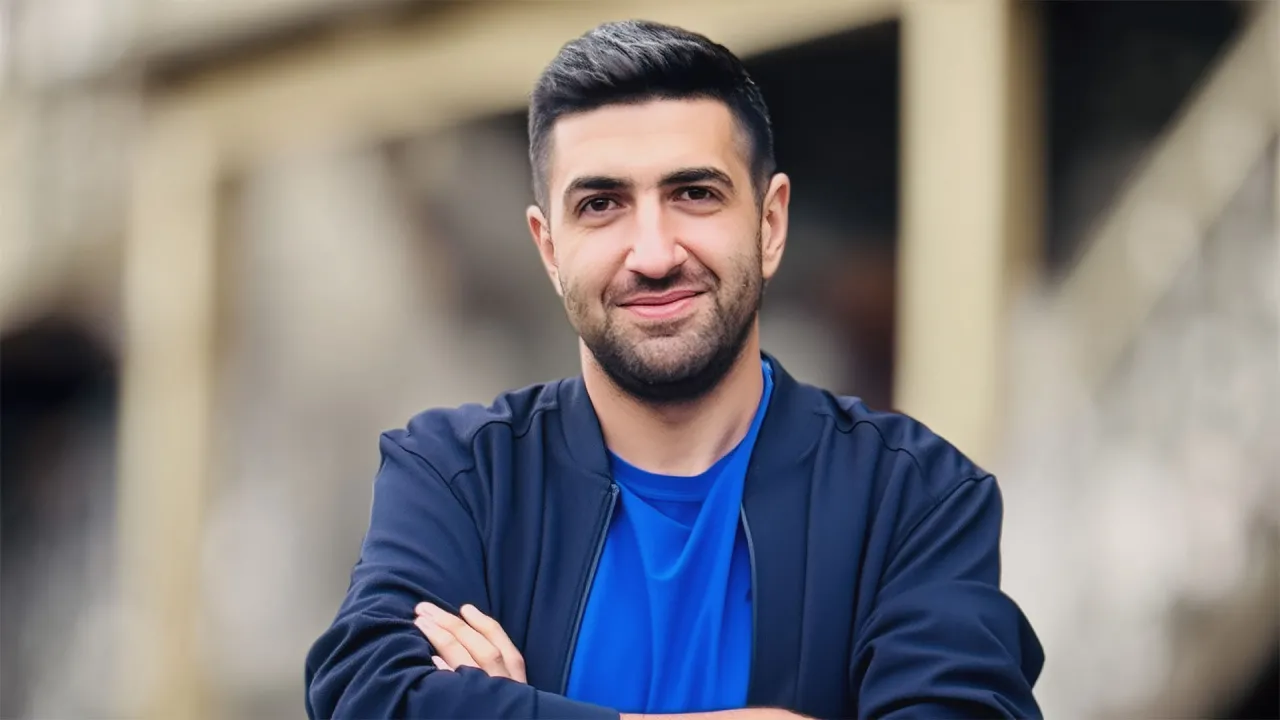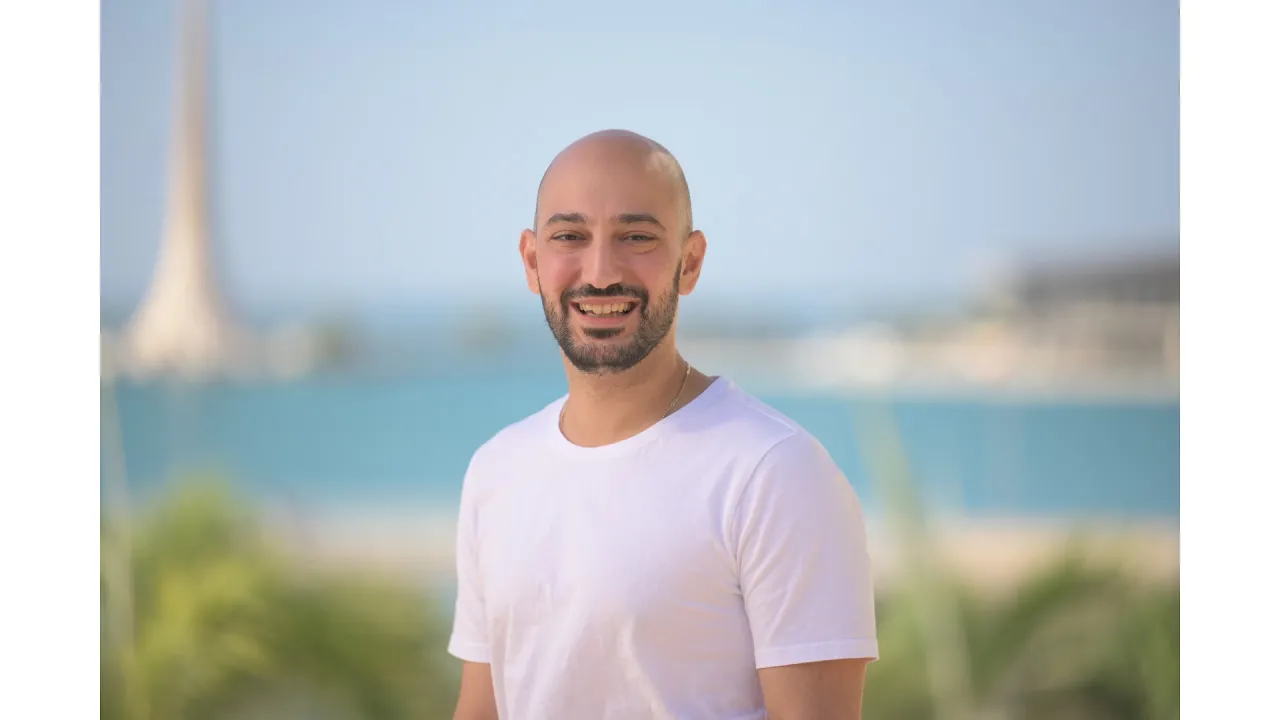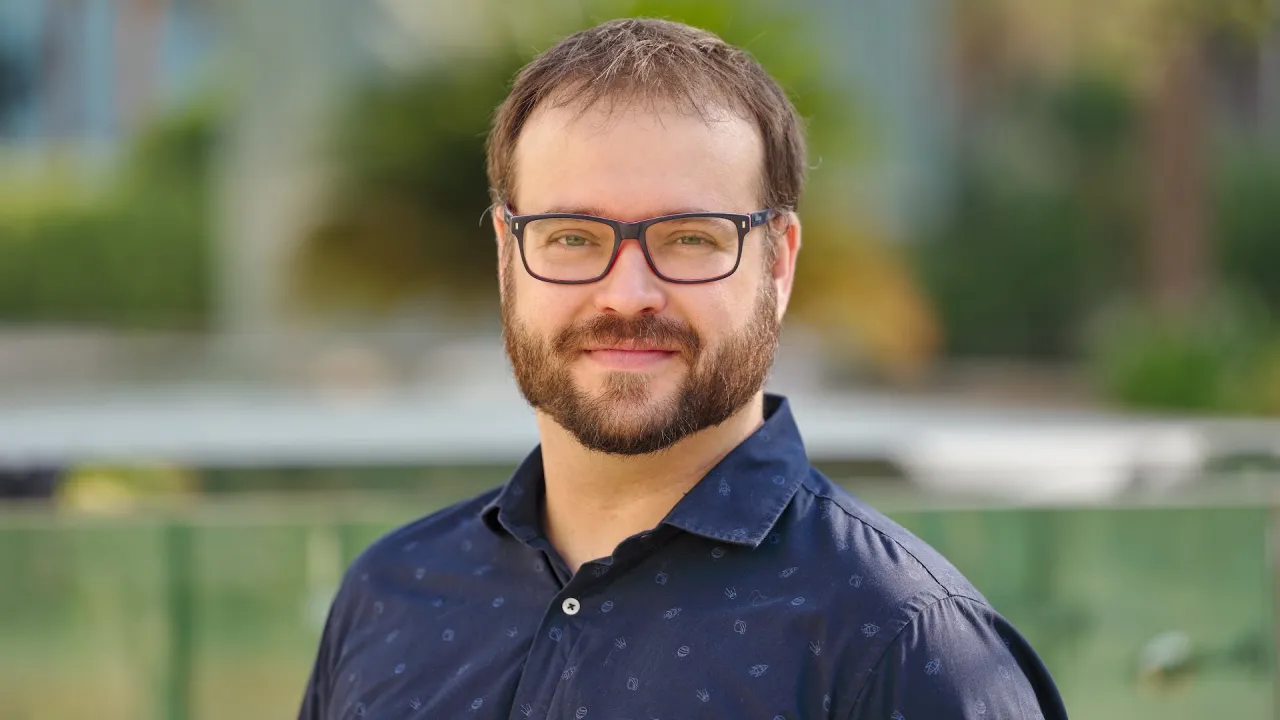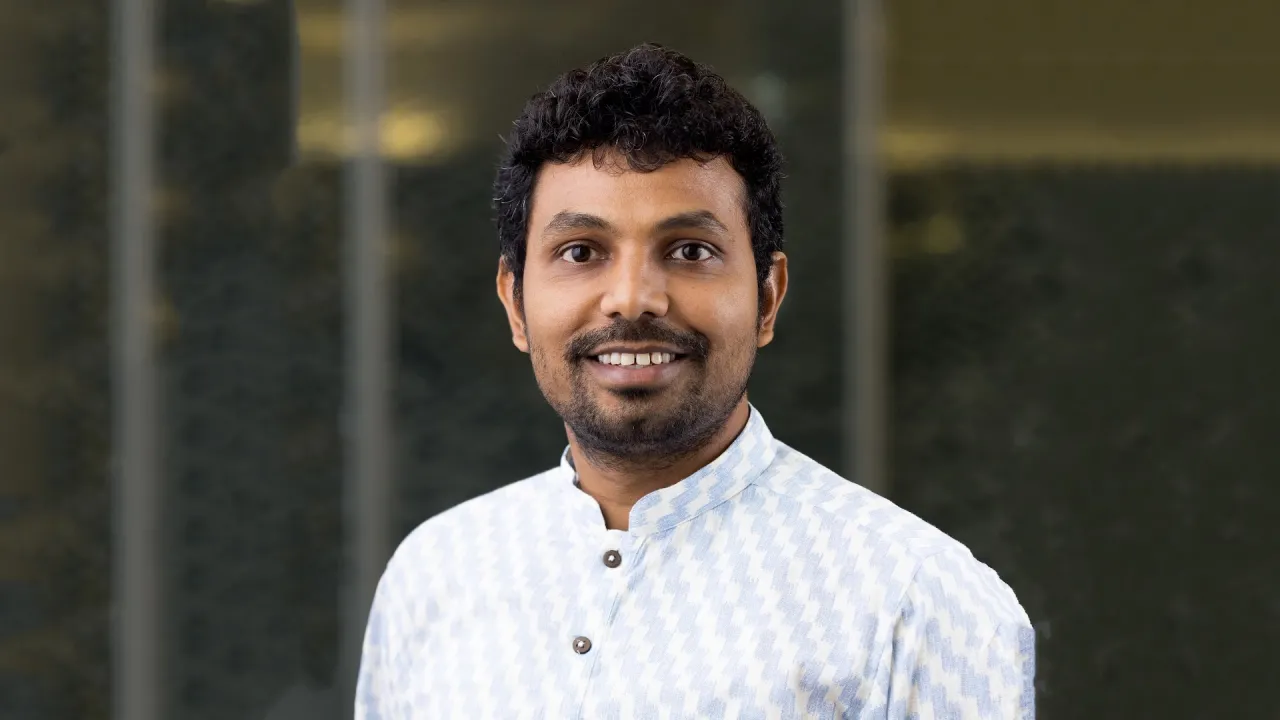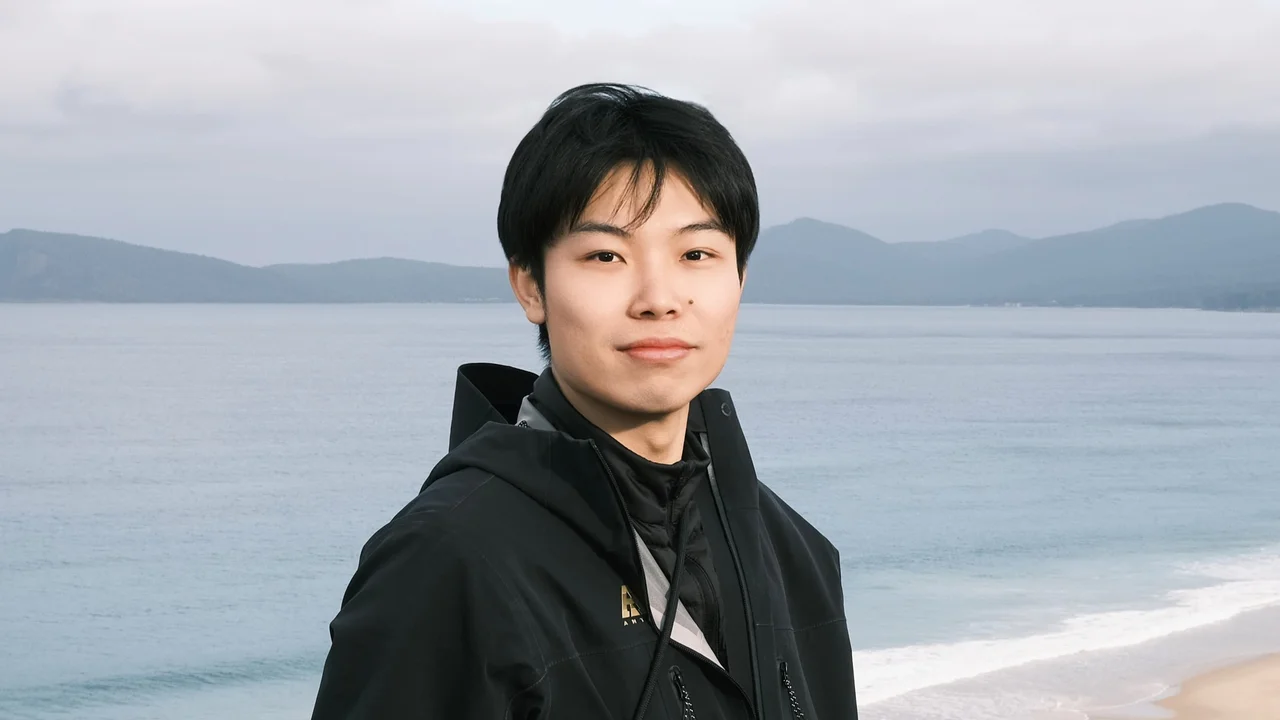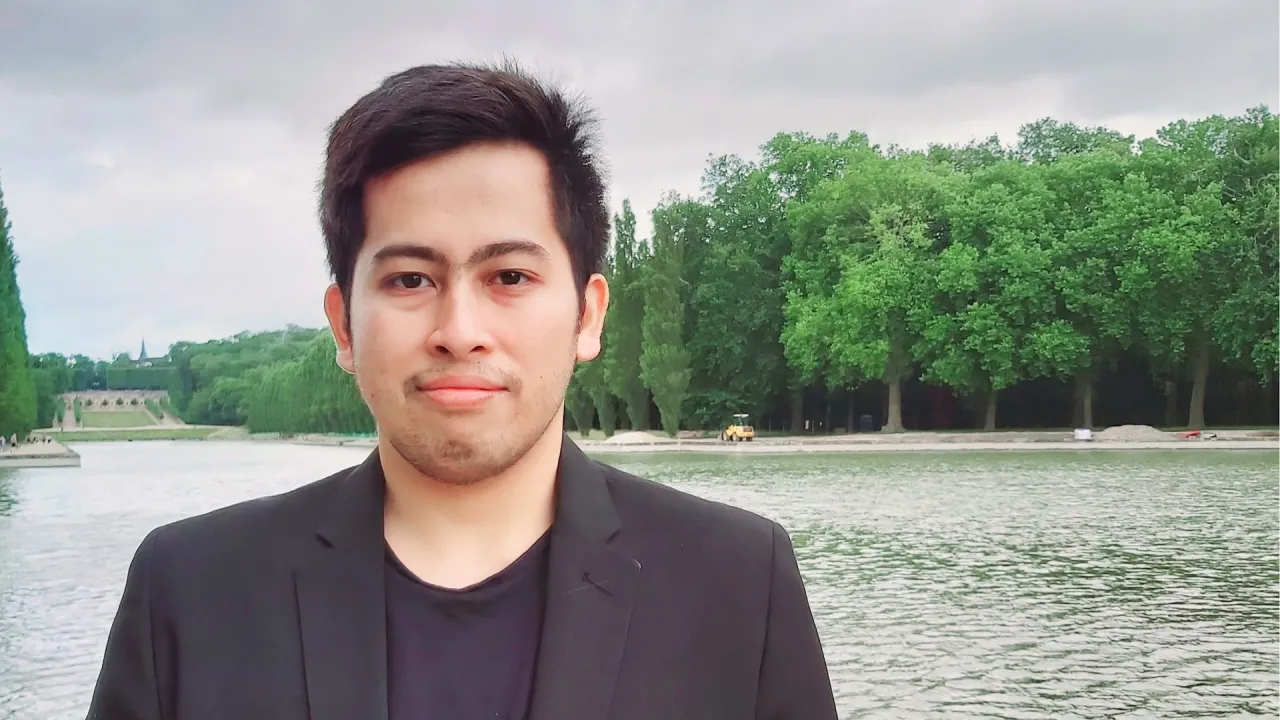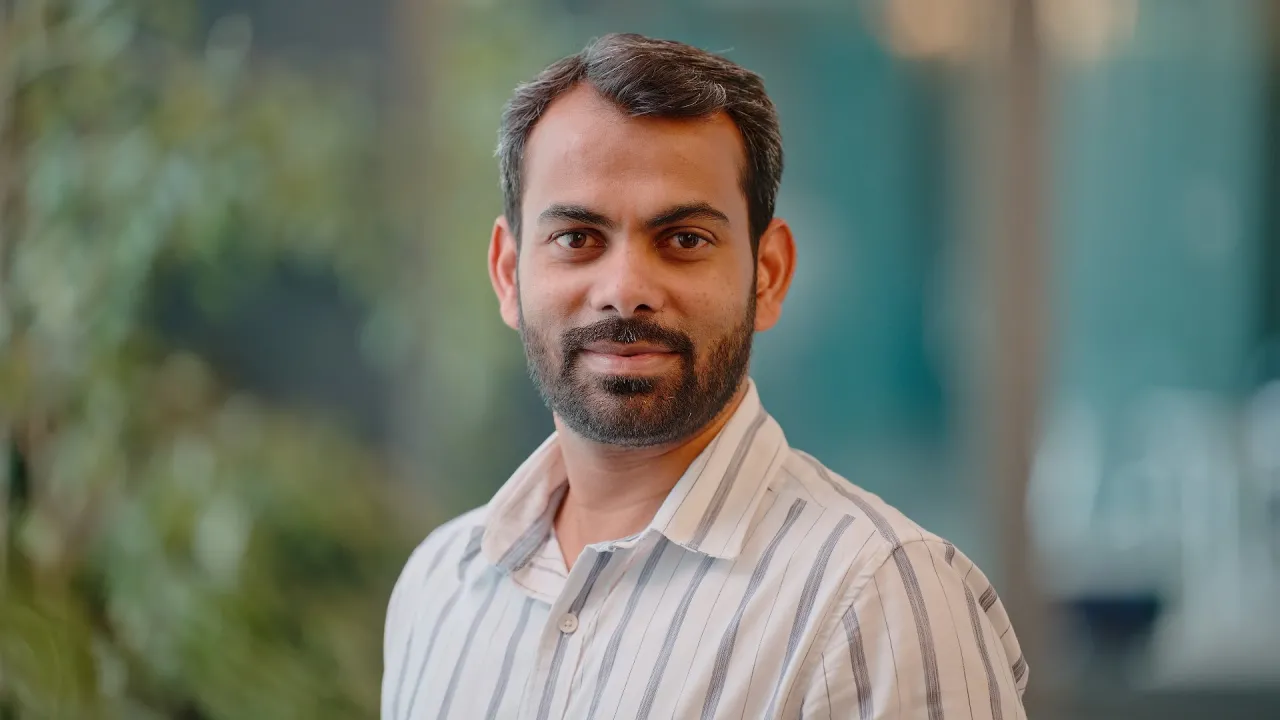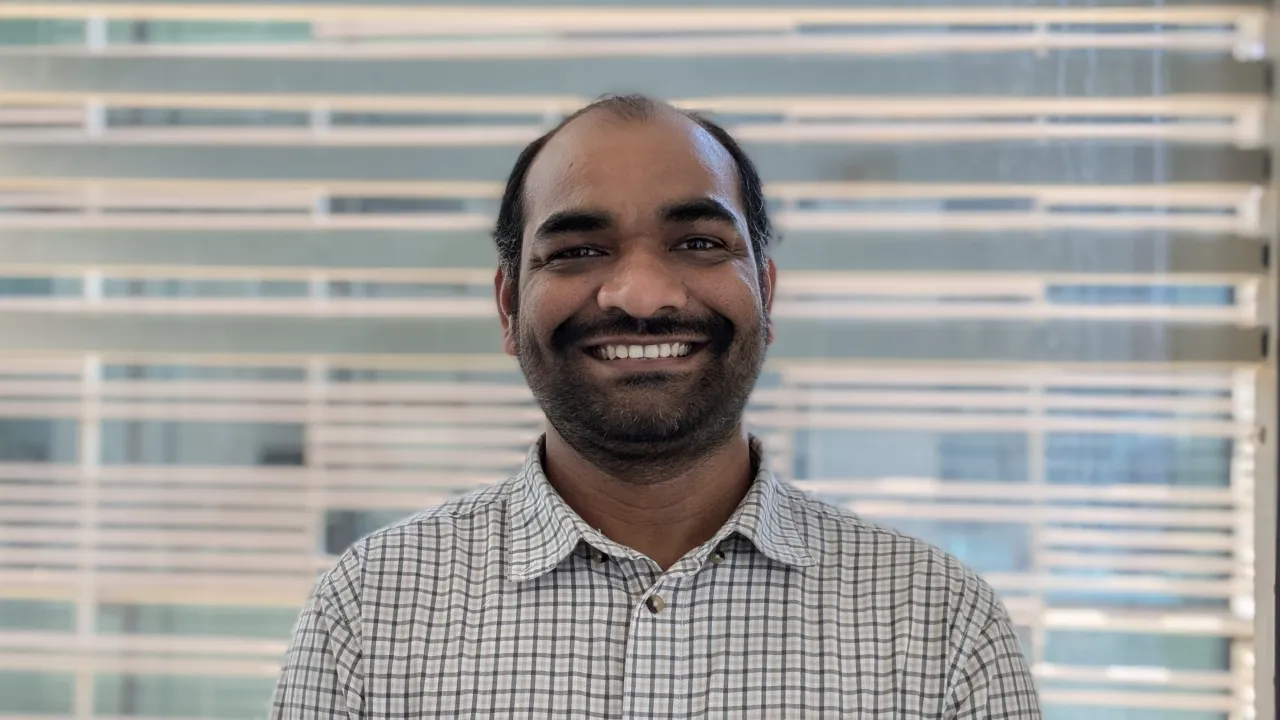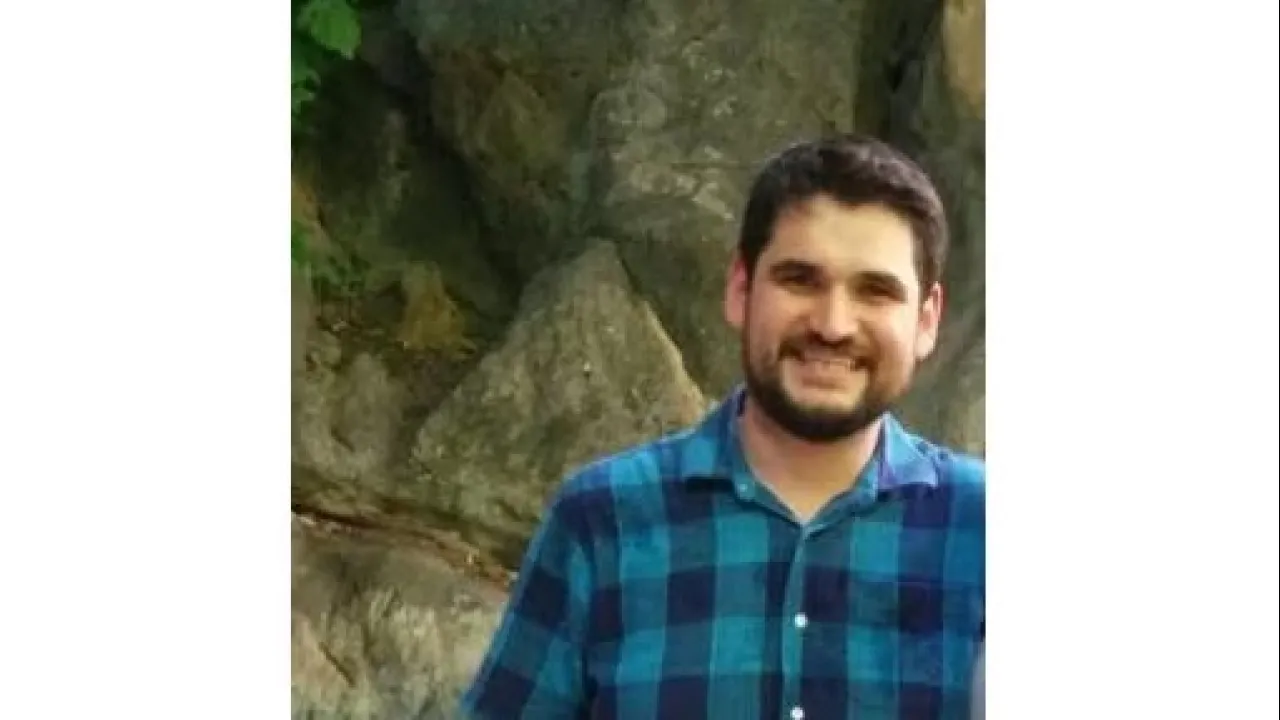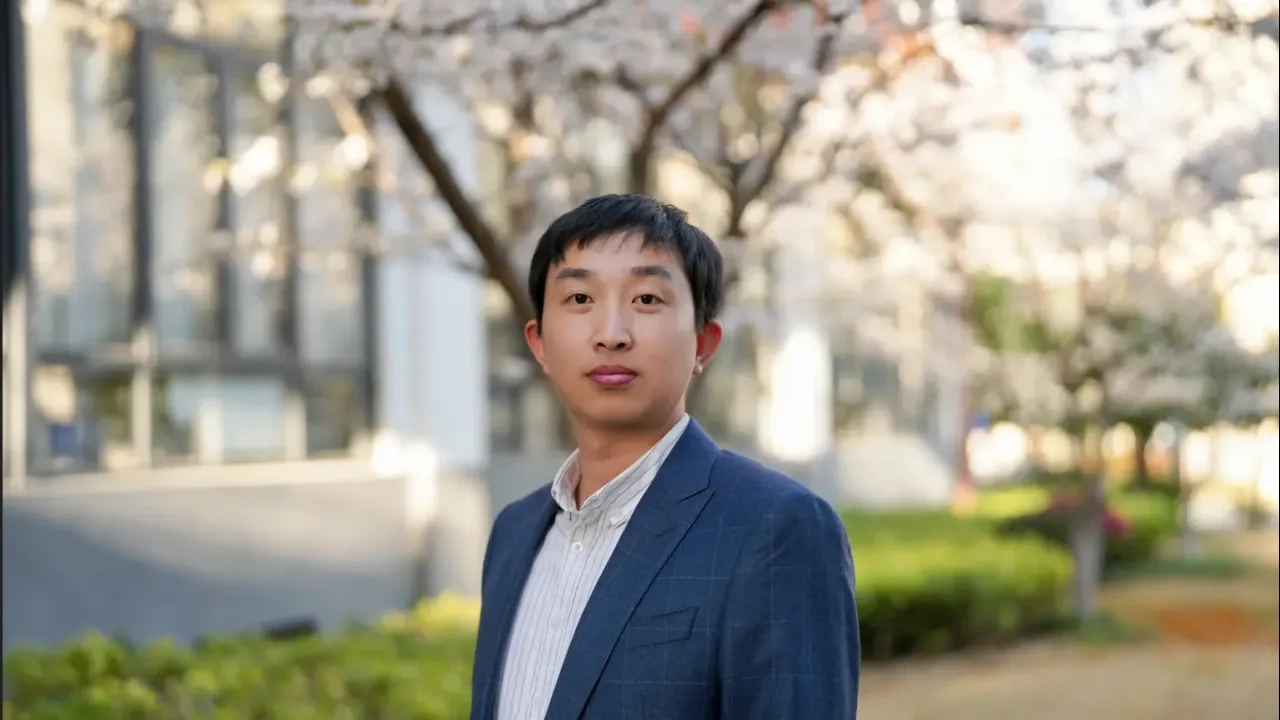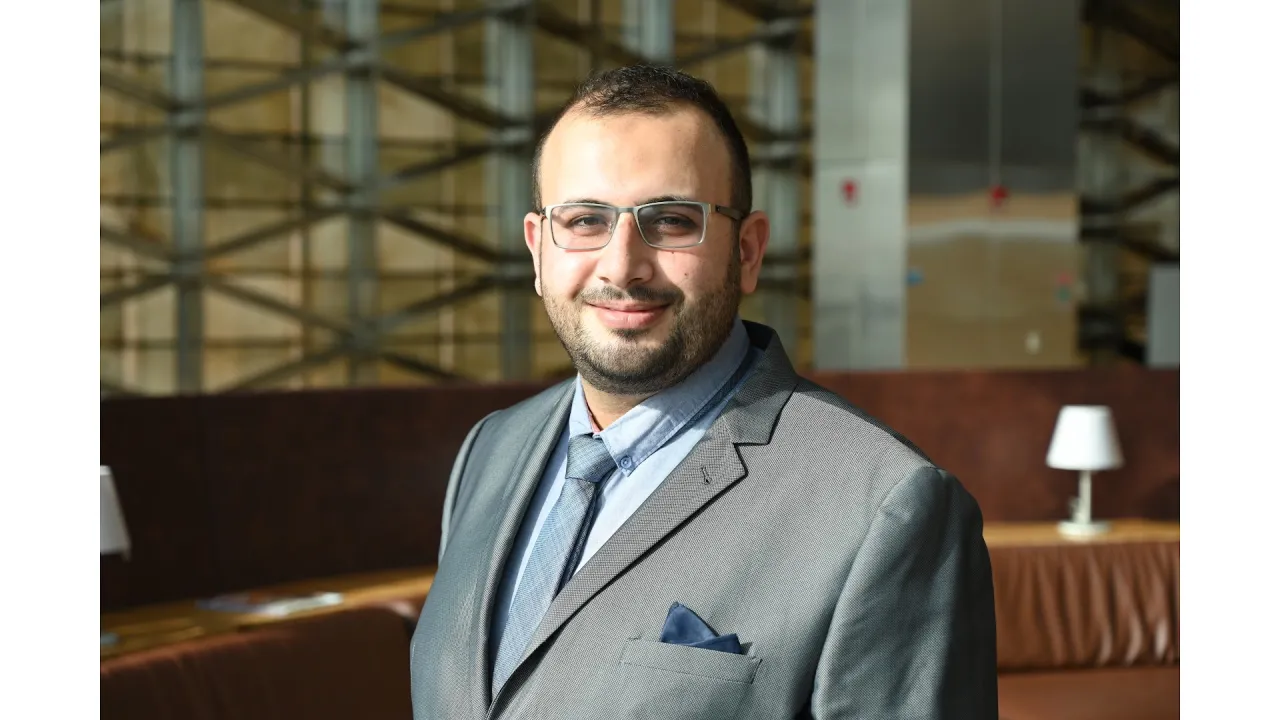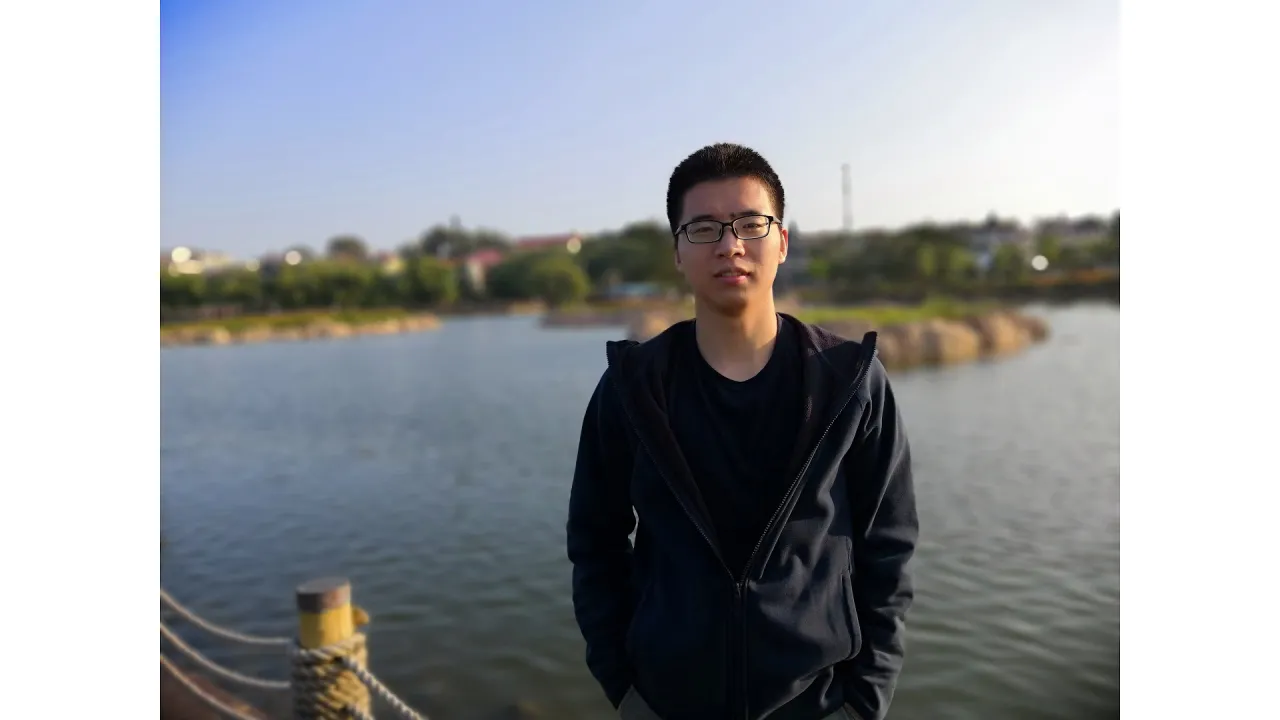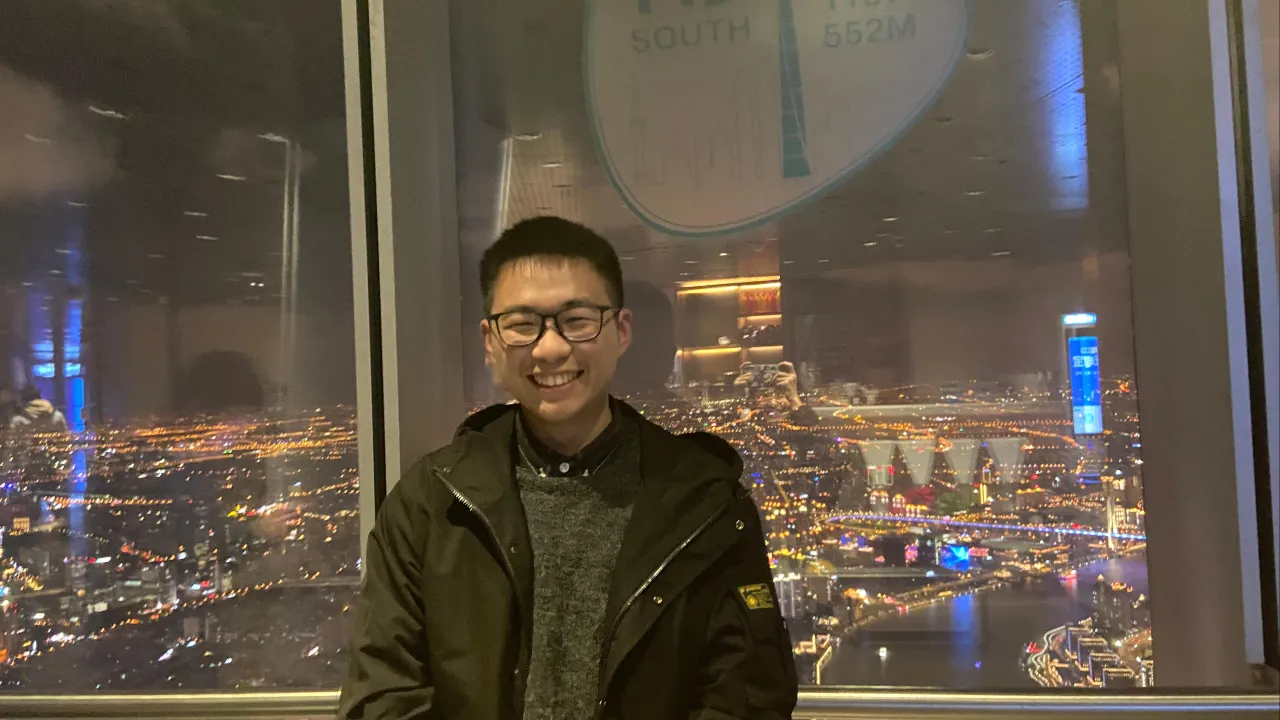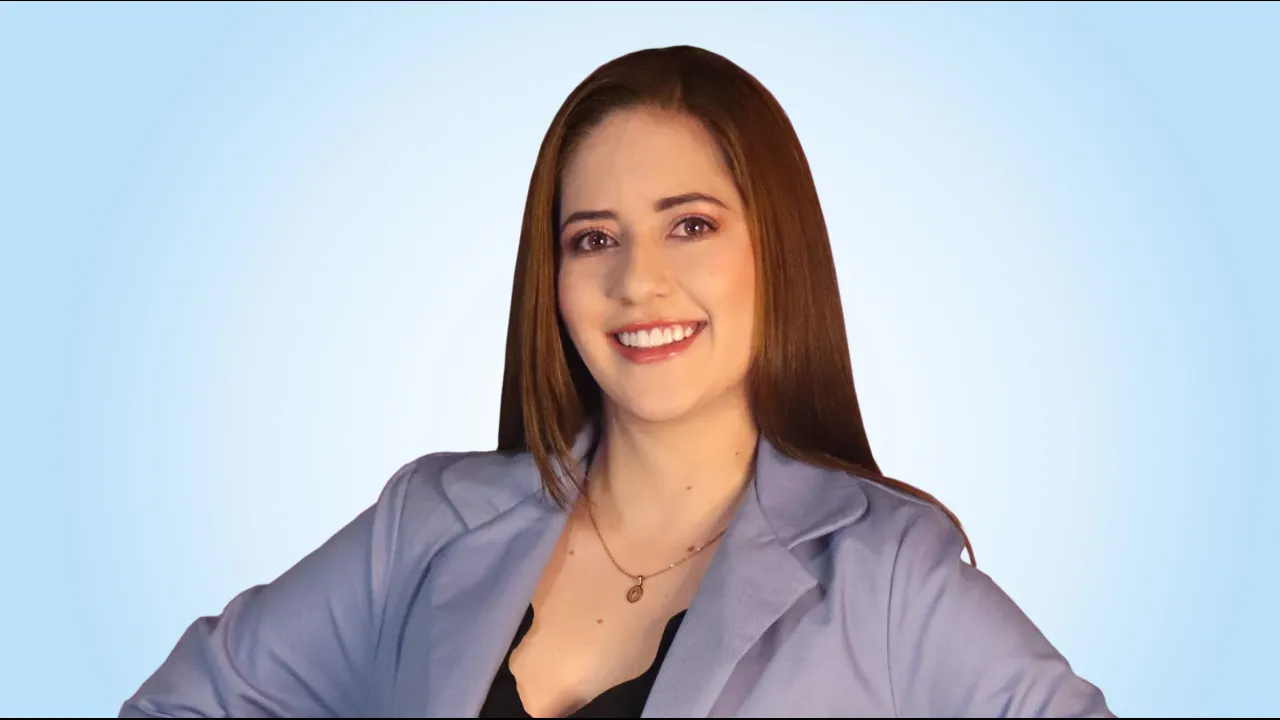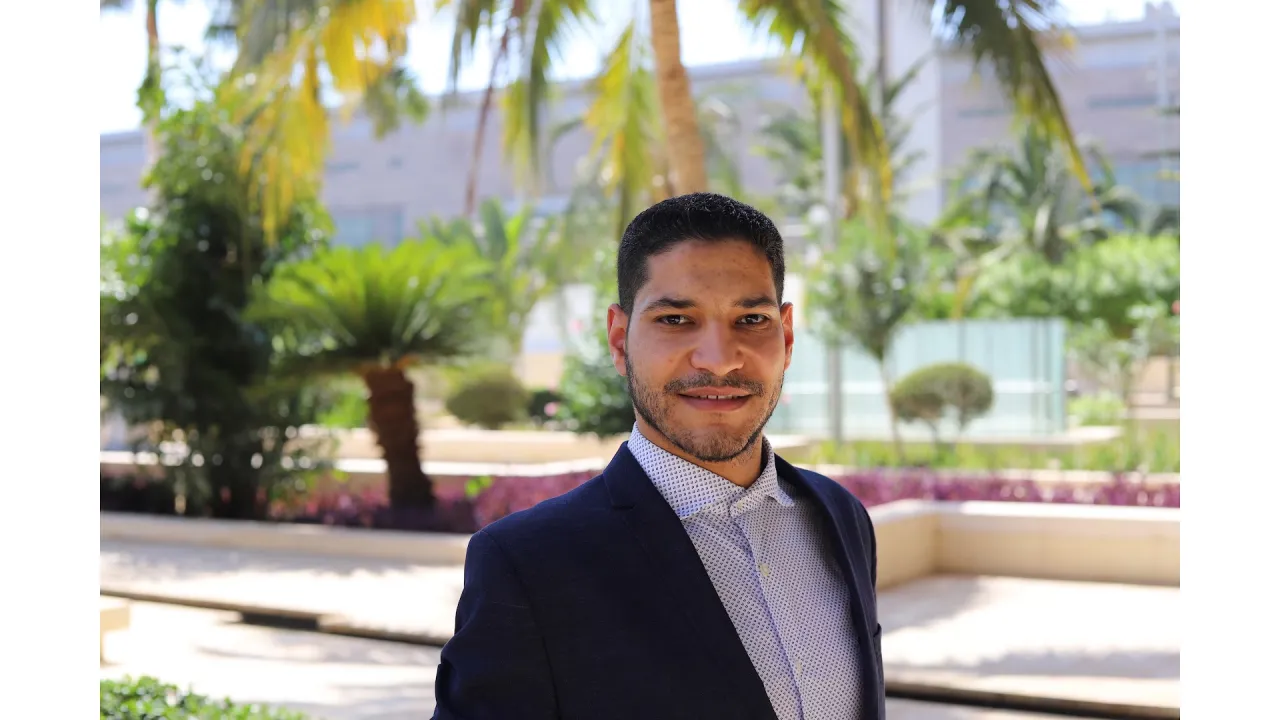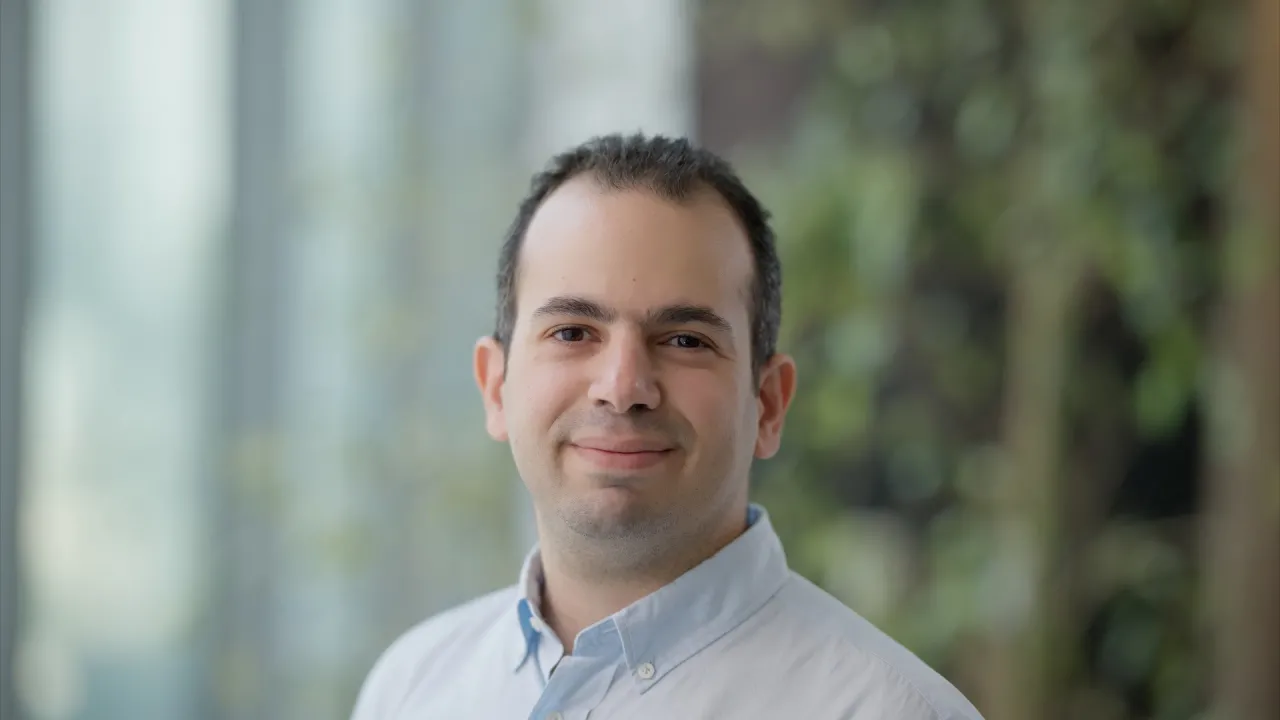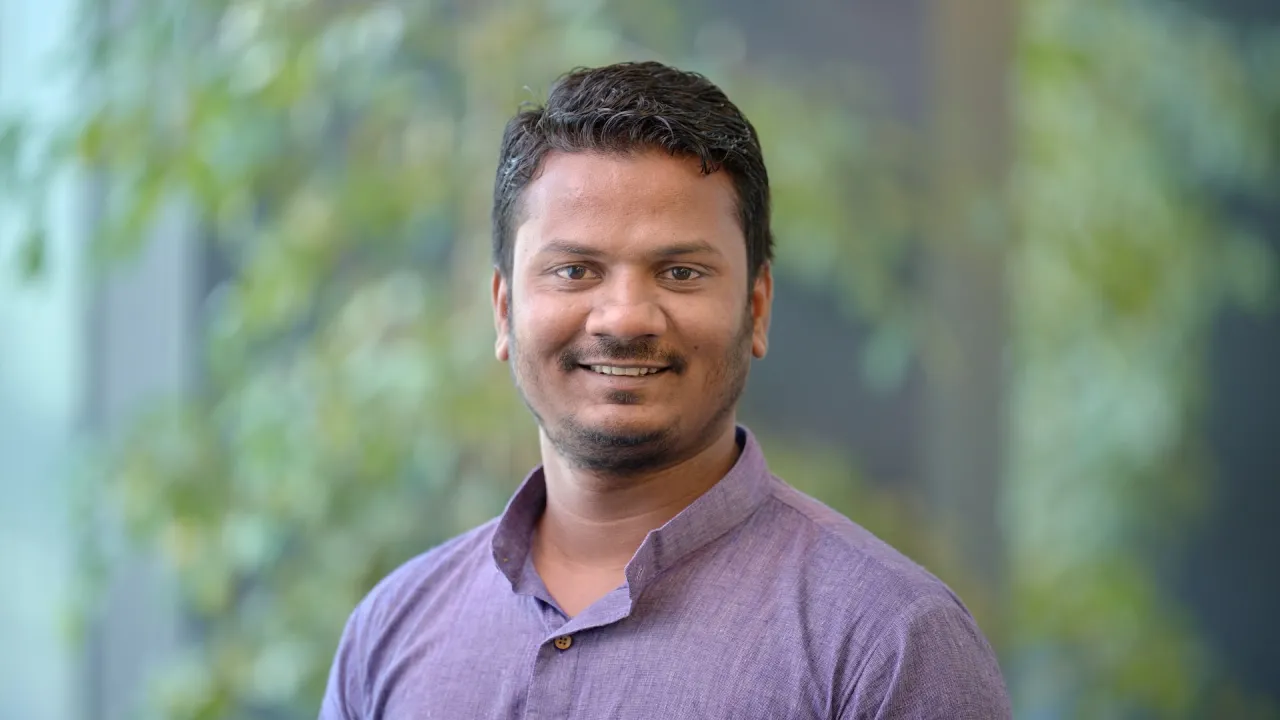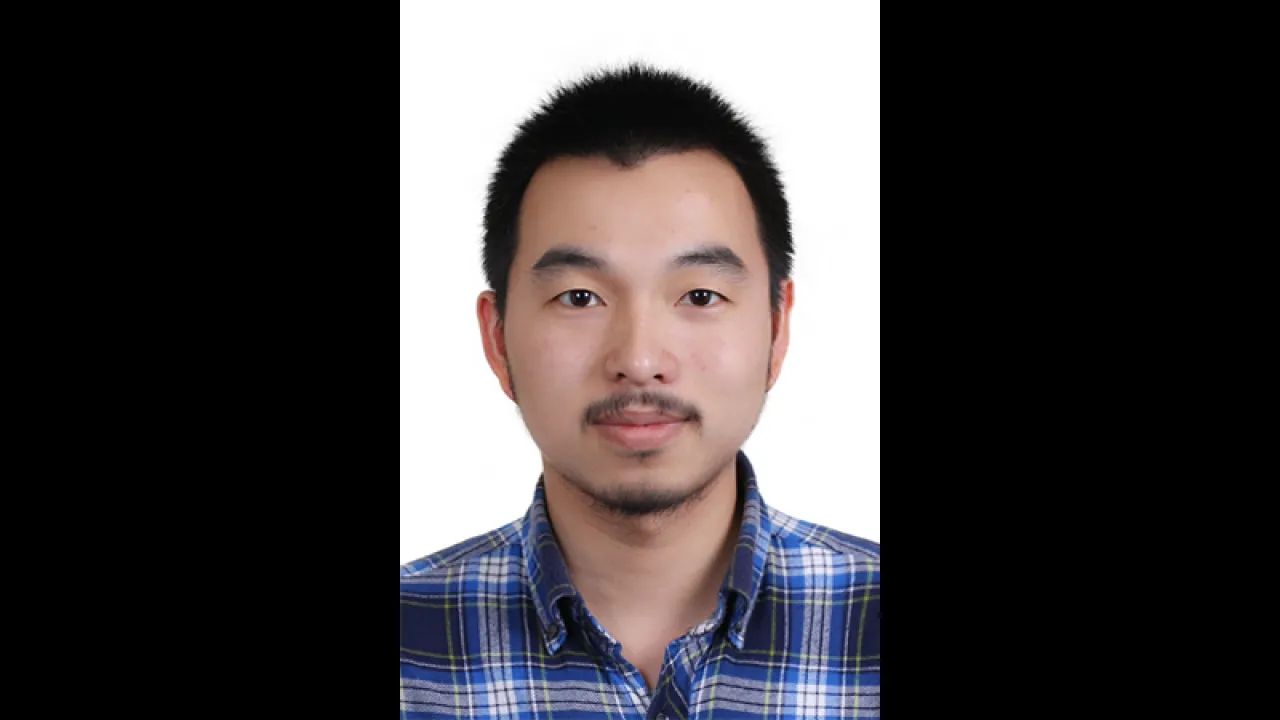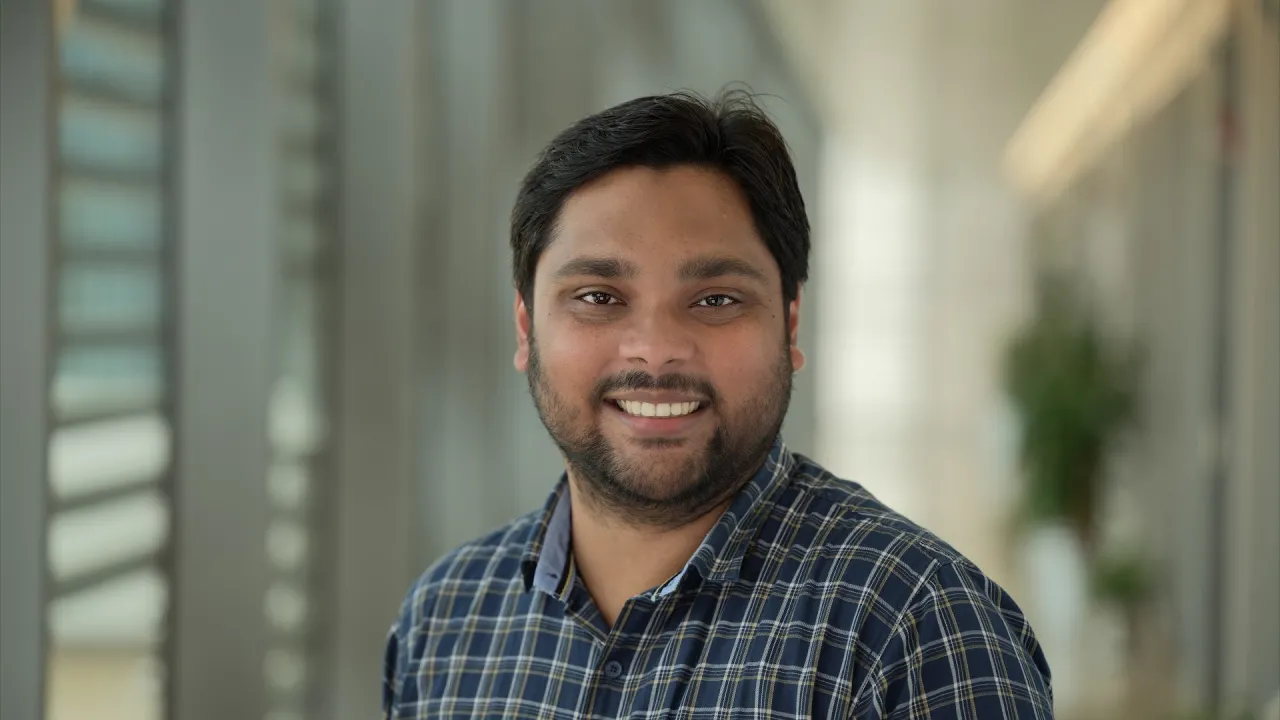Biography
Dr. Aram Mkrtchyan is currently a Postdoctoral Fellow at the Integrated Photonics Laboratory (IPL) at King Abdullah University of Science and Technology (KAUST), where he works under the supervision of Prof. Yating Wan. He earned his Ph.D. in Photonics from the Skolkovo Institute of Science and Technology (Skoltech), where he specialized in nonlinear optics, ultrafast fiber lasers, and photonic integrated circuits. He received his M.Sc. degrees in parallel from Skoltech and the Moscow Institute of Physics and Technology (MIPT), and holds a B.Sc. degree in Applied Physics and Mathematics from MIPT.
Before joining KAUST in 2025, Dr. Mkrtchyan served as a Senior Research Scientist at Skoltech, contributing to both academic and industry-driven initiatives, including the Huawei Innovation Research Program and Skoltech's Translational Research and Innovation Program. His achievements include the development and commercialization of an ultrafast all-fiber laser at 920 nm, used as a pump source for single-photon quantum emitters in quantum computing systems, advanced studies on carbon nanotube-based photonic devices, and the development of a hybrid microresonator-based frequency comb system.
In 2024, Dr. Mkrtchyan was nominated for the Skoltech Educational Leadership Excellence Award, honoring for demonstrating leadership and best practices in making Skoltech the top choice for international education in Russia.
Dr. Mkrtchyan has authored over 15 peer-reviewed publications, including articles in Nano Letters, Nanophotonics, Carbon, Journal of Power Sources, Applied Physics Letters, Journal of Lightwave Technology, etc and holds several patents in the fields of ultrafast optics and integrated photonics. His research focuses on nonlinear optics, integrated photonics, ultrafast fiber lasers, Quantum nanomaterials including carbon nanotubes for photonic applications.
Research Interests
Dr. Mkrtchyan’s research focuses on nonlinear optics, integrated photonics, ultrafast fiber lasers, Quantum nanomaterials including carbon nanotubes for photonic applications.
Education
Doctor of Philosophy (Ph.D.)
Optics, Skolkovo Institute of Science and Technology, Russian Federation, 2022
Master of Science (M.S.)
Applied Physics and Mathematics, Skolkovo Institute of Science and Technology, Russian Federation, 2018
Master of Science (M.S.)
Applied Physics and Mathematics, Moscow Institute of Physics and Technology (MIPT), Russian Federation, 2018
Bachelor of Science (B.S.)
Applied Physics and Mathematics, Moscow Institute of Physics and Technology (MIPT), Russian Federation, 2016
